
One of the world’s leading publishers of printed classical and educational music.

Piano Music of Africa and the African Diaspora sampler
- Text
- Africa
- Piano
- African
- Composers
- Oxford
- Chapman
- Nyaho
vii 40 Composer
vii 40 Composer Biographies Halim El-Dabh Composer, performer, ethnomusicologist, and educator, Halim El-Dabh is internationally regarded as one of Egypt's foremost living composers. Presently Professor Emeritus at Kent State University's School of Music, El-Dabh studied piano, derabucca (goblet-shaped ceramic drum), and composition at Cairo University, the University of New Mexico, New England Conservatory of Music, and Brandeis University. El-Dabh assisted Igor Stravinsky and studied with Aaron Copland and Irving Fine. His wide ranging ethnomusicological research has led to a unique fusion of contemporary compositional techniques and Ancient Egyptian, African, and Middle Eastern traditional music. His numerous musical and dramatic works have been performed throughout Africa, Asia, Europe, and the Americas. His works for piano include Mekta’ in the art of Kita’, Osmo-Symbiotic for two pianos, Table Dance, and Mosaic for piano and percussion and a piano concerto, Surrr-Rah. Akin Euba Nigerian composer, pianist, and musicologist Akin Euba studied at the Trinity College of Music, London, the University of California, Los Angeles, and the University of Ghana, Legon. He taught at the University of Lagos and the University of Ife. He teaches at the University of Pittsburgh and is Director of the Centre for Intercultural Musicology, Cambridge University. Founder and Director of the Centre for Intercultural Music Arts, London, Euba organizes festivals and symposia on African Pianism and Composition in Africa and the Diaspora. He has composed for multiple combinations of African, Asian, and Western instruments and explores the percussive nature of the piano in his works, which include Four Pictures from Oyo Calabashes, Saturday Night at Caban Bamboo, Scenes from Traditional Life, Studies in African Jazz, and Themes from Chaka, his major opera. for online perusal only Ulysses Kay African-American composer Ulysses Kay studied piano at the encouragement of his uncle, jazz legend Joe “King” Oliver, and later, William Grant Still. He studied with Bernard Rogers, Howard Hanson, Paul Hindemith, and Otto Luening at the University of Arizona, Eastman School of Music, Yale University, and Columbia University. Kay taught at Boston University, University of California–Los Angeles, Macalester College, and Brevard Music Center and was distinguished professor of theory and composition at Lehman College at CUNY. Kay spent a majority of his career composing commissions and scores for film and television. Kay’s compositions include instrumental, chamber, orchestral, choral, dramatic, incidental, and commercial music. His piano music includes Four Inventions, Two Nocturnes, Ten Short Essays or Ten Pieces for Children, Two Impromptus, Visions, Two Short Pieces for piano, four hands. J.H. Kwabena Nketia Ghanaian composer, musicologist, and educator J.H. Kwabena Nketia received early musical training in Ghana and studied piano, musicology, and composition at various institutions such as Birkeck College, University of London, Trinity College of Music, Columbia University, Juilliard School of Music, and Northwestern University. Nketia returned to teach at the University of Ghana and became Director of the Institute of African Studies. He also taught at UCLA and the University of Pittsburgh. Nketia advocates a contemporary compositional technique, a fusion between folk and contemporary music. He has transcribed several traditional songs, has composed several choral works, and has written extensively for Western instruments, traditional African instruments, and a combination of both.
viii 41 Composer Biographies Christian Onyeji Nigerian composer, pianist, choreographer, conductor, and music and theater director Christian Onyeji holds degrees in composition from the University of Nigeria and the University of Pretoria, South Africa. He is currently Senior Lecturer and Acting Head of the Department of Music, University of Nigeria. Having contributed several important articles to ethnomusicology and education journals, Onyeji specializes in “Research-Composition,” a modern approach to art music composition that entails application of ethnomusicological procedures in the composition of modern African art music. He has written for symphony orchestra, piano, and choir. His choral music appears in World Carols for Choirs published by Oxford University Press, and his piano works include Oga, Ufie I, II, III. Alain Pierre Pradel Composer and pianist Alain Pierre Pradel grew up in Guadeloupe, former French colony in the West Indies. He began piano studies early although a rural environment did not make it easy to acquire musical training. However, Pradel did have the opportunity to study in Paris for seven years, after which he returned to Guadeloupe immersing himself in research in composition and music for dance. Even though in Guadeloupe Western classical works are not too highly valued and tend to be neglected in favor of local music of the islands, Pradel holds the two traditions equally in importance. His piano works, such as Sept Pièces Créoles, are musical reflection of his identity and life in the West Indies. for online perusal only Florence B. Price Florence B. Price was the first African-American composer, concert pianist, and organist to reach national recognition. Price studied at the New England Conservatory of Music and later taught at the Cotton-Plant Arkadelphia Academy and Shorter College in Little Rock before becoming Head of the Music Department at Clark University in Atlanta. After a return to Arkansas, she moved to Chicago where she became eventually known nationally and internationally as a composer and concert pianist. Price has the distinction of being the first African American to have her work performed by leading orchestras such as the Chicago Symphony Orchestra. During her career, Price wrote over three hundred compositions, including symphonies, concertos, chamber works, art songs, and settings of spirituals for voice and piano. Her works for piano range from several short teaching pieces to larger works such as Sonata in E minor, Fantasie Negre, and Dances in the Canebrakes. Amadeo Roldán y Gardes Afro-Cuban composer, violinist, and professor Amadeo Roldán y Gardes was born in France to Cuban parents. After studying at the Madrid Conservatory, he moved to Cuba and joined the Orquesta Filarmonica of Havana, becoming concertmaster and then ultimately, conductor. As an active performer, he founded the Havana String Quartet, and he also taught and was director at the Havana Conservatory. Roldán was a leading figure in the establishment of Afrocubanismo, a style that synthesizes Afro-Cuban melodies and polyrhythms with Western classical traditions. Roldán’s wrote for full orchestra, chamber ensemble, percussion ensemble, and solo instruments. His piano works include Mulato, Peludio cubano, 2 Piezas infantiles, Canción de cuna di niño negro.
- Page 1: 2 Piano Music of Africa and the Afr
- Page 4 and 5: 4 1 198 Madison Avenue, New York, N
- Page 6 and 7: 6 Foreword The need for piano music
- Page 8 and 9: 8 Composer Biographies Valerie Cape
- Page 10 and 11: x 10 Composer Biographies Hale Smit
- Page 12 and 13: xii 12 Performance Notes 9. Sweet M
- Page 14 and 15: 4 14 2. Tender Thought From Ten Sho
- Page 16 and 17: 8 16 4. Dusk From African Sketches
- Page 18 and 19: 18 11 17 1 1 p
- Page 20 and 21: 14 20 7. Off-Beat Shorty From Faces
- Page 22 and 23: 16 22 17 4 1 4
- Page 24 and 25: 20 24 10. Dancing Barefoot in the R
- Page 26 and 27: 26 11. Lullaby From Preludes in Afr
- Page 28 and 29: 26 28 13. Lullaby From Suite for Pi
- Page 30 and 31: 4 29 From Twelve Pedagogical Pieces
- Page 32 and 33: 32 Fast, ritmico q = 120 15. Ufie I
- Page 34 and 35: This wonderful anthology presents a
- Page 36 and 37: 36 Contents Page Foreword Preface A
- Page 38 and 39: 38 Preface The vast—and until now
- Page 42 and 43: ix 42 Composer Biographies Joshua U
- Page 44 and 45: xi 44 Performance Notes 11. Volta F
- Page 46 and 47: 46 3 17
- Page 48 and 49: 8 48 3. Honey From “In the Bottom
- Page 50 and 51: 5 q = 100 p 4. Nigeri
- Page 52 and 53: 14 52 5. Prelude No. 1 ‘Joshua fi
- Page 54 and 55: 18 54 7. Oga Maiden’s Game Quasi
- Page 56 and 57: 56 8. Preludio Cubano 21 Allegretto
- Page 58 and 59: 24 58 9. Silk Hat and Walking Cane
- Page 60 and 61: 26 60 40
- Page 62 and 63: 62 30 26 broaden
- Page 64 and 65: f 33 26
- Page 66 and 67: 66 12. Igbá Kerin - Àwon Abàmì
- Page 68 and 69: 68 for Catherine Giorgi 14. Pomme C
- Page 70 and 71: 44 70 for Shadia نسيط 15. Basse
- Page 72 and 73: 20 (Ped.) 25
- Page 74 and 75: 74 50 18
- Page 76 and 77: This wonderful anthology presents a
- Page 78 and 79: 78 Contents page Acknowledgements C
- Page 80 and 81: Composer Biographies v Akin Euba Ni
- Page 82 and 83: 82 Performance Notes 1. Take Me Bac
- Page 84 and 85: Moderato, with marked rhythm sugges
- Page 86 and 87: 4 Lento pp 2
- Page 88 and 89: 6 88 27 Meno mosso, più tranquillo
- Page 90 and 91:
10 90 20
- Page 92 and 93:
15 4. Juba Dance From “In the Bot
- Page 94 and 95:
94 17 35
- Page 96 and 97:
13 96
- Page 98 and 99:
98 24 16
- Page 100 and 101:
100 27 20
- Page 102 and 103:
102 8. Scenes from Traditional Life
- Page 104 and 105:
34 104 for Mario 9. Scherzino With
- Page 106 and 107:
Allegro 106 10. Nimble Feet From Da
- Page 108 and 109:
40 108 11. Cell Phone Blues q = 7
- Page 110 and 111:
44 110 12. Papillons OSWALD RUSSELL
- Page 112 and 113:
13. Variations on an Egyptian Folks
- Page 114 and 115:
114 Variation 2 51 Flowing q. = 66
- Page 116 and 117:
116 53 14 sub. p
- Page 118 and 119:
55 Variation 6 In the style and rhy
- Page 120 and 121:
This wonderful anthology presents a
- Page 122 and 123:
122 Contents page Acknowledgements
- Page 124 and 125:
Composer Biographies v Gyimah Labi
- Page 126 and 127:
126 3 18
- Page 128 and 129:
128 2. Ukom From Talking Drums 9 Op
- Page 130 and 131:
130 11 29
- Page 132 and 133:
22 132 14 3 3
- Page 134 and 135:
134 4. Coma Dance 27 q = 72 4
- Page 136 and 137:
18
- Page 138 and 139:
Allegro q = 138 p
- Page 140 and 141:
mp dolce, leggiero
- Page 142 and 143:
142 49 13
- Page 144 and 145:
54 144 7. The Lotus From Six Dialec
- Page 146 and 147:
56 146 48
- Page 148 and 149:
This wonderful anthology presents a
- Page 150 and 151:
150 Contents page Acknowledgements
- Page 152 and 153:
152 Composer Biographies v Oswald R
- Page 154 and 155:
154 3 27 rall. sf
- Page 156 and 157:
8 156 2. Humoresque Allegro q = c.8
- Page 158 and 159:
10 158 39
- Page 160 and 161:
160 19 10
- Page 162 and 163:
162 4. Afro Arab Blues بلوز ا
- Page 164 and 165:
16 1
- Page 166 and 167:
166 5. Township Guitar 37 ISAK ROUX
- Page 168 and 169:
168 31
- Page 170 and 171:
170 45 9
- Page 172 and 173:
172 7. Rhapsody No. 4 (Toccata) 55
- Page 174 and 175:
174 57 37 sub. p f
- Page 176 and 177:
64 176 19
- Page 178:
This wonderful anthology presents a
Inappropriate
Loading...
Mail this publication
Loading...
Embed
Loading...
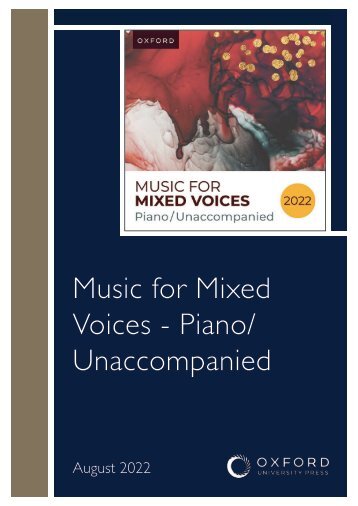
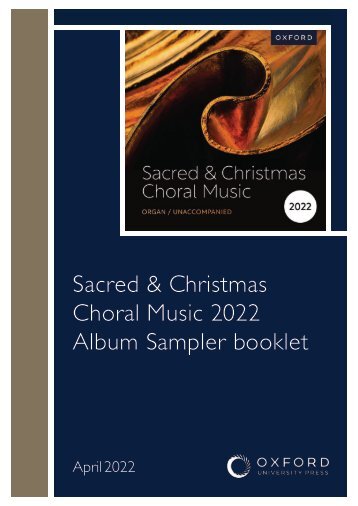

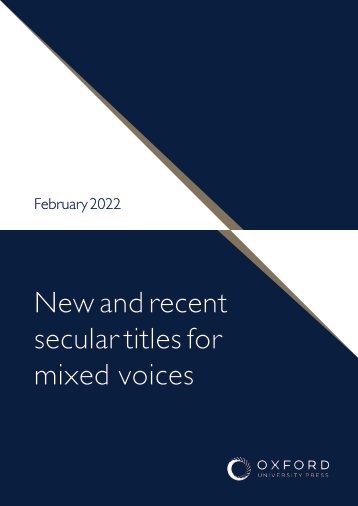

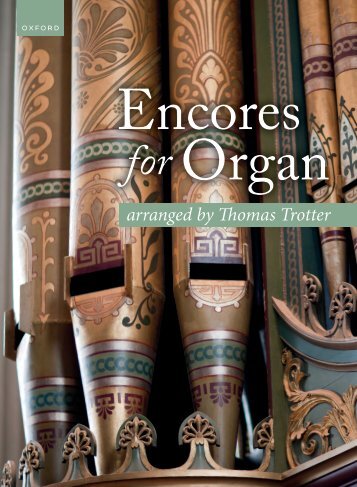

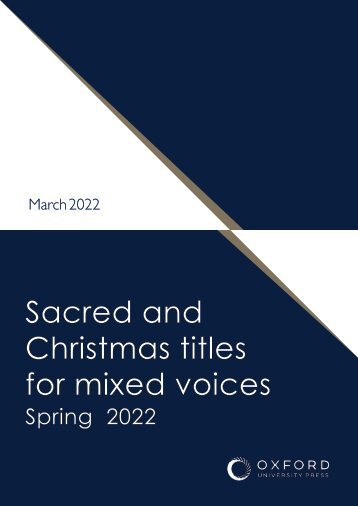
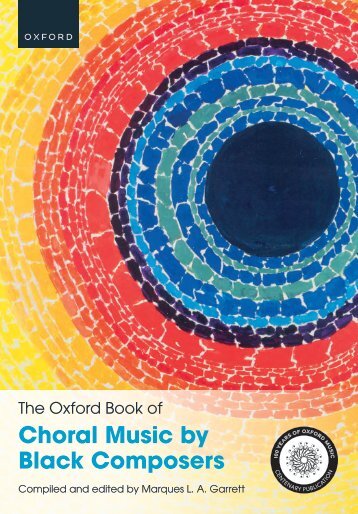
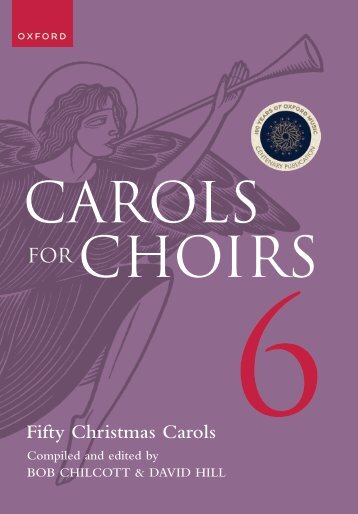
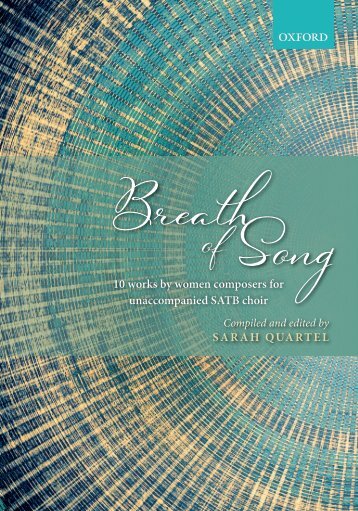

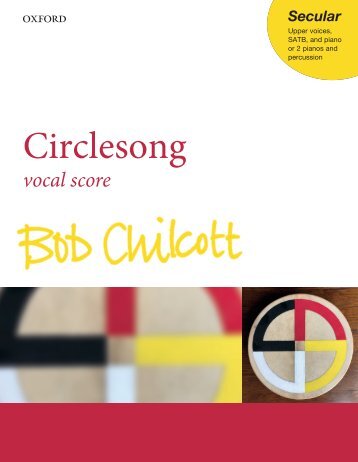
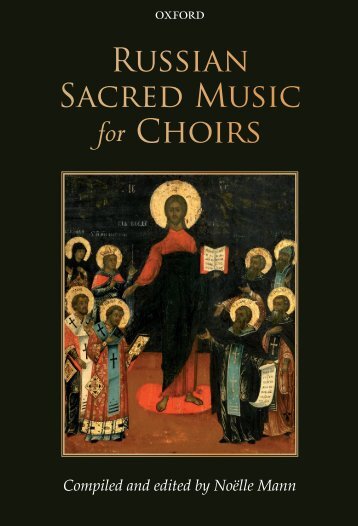

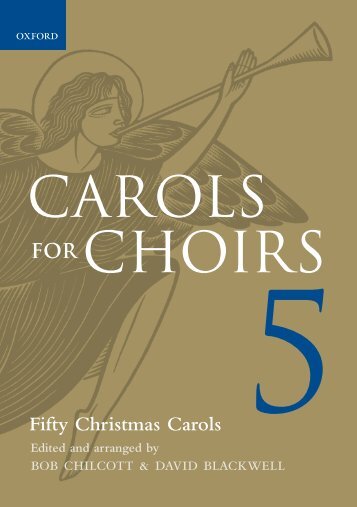

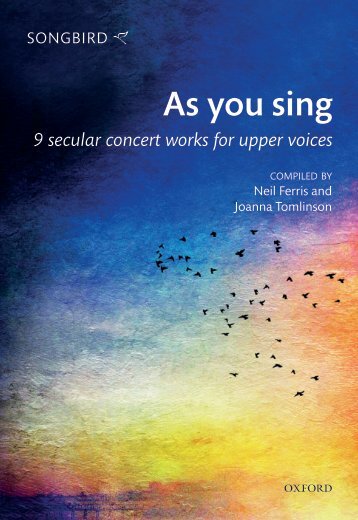
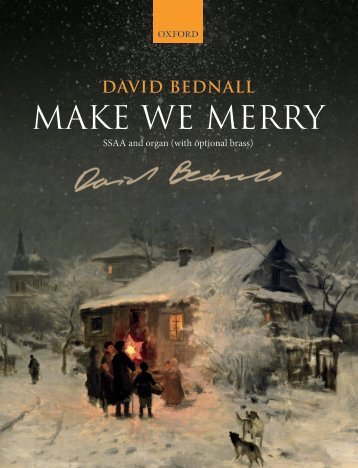
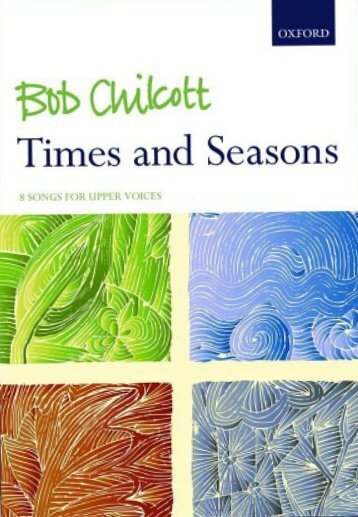
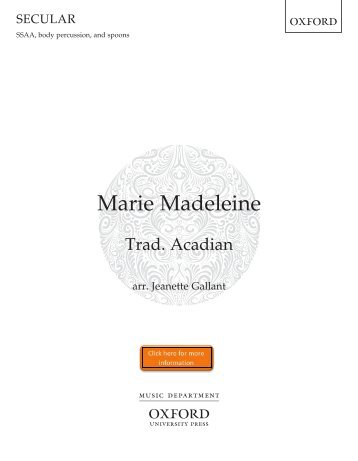

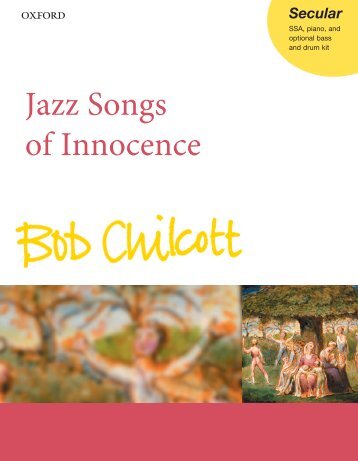
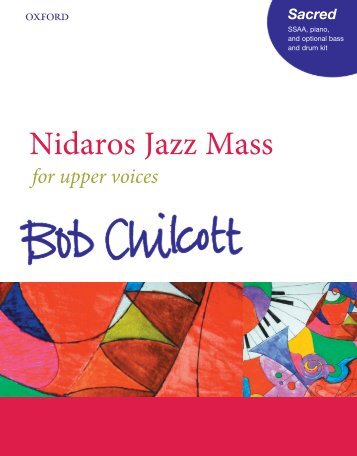
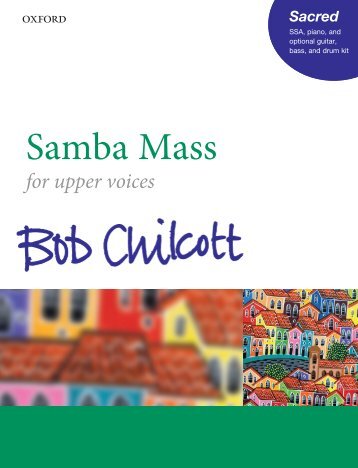

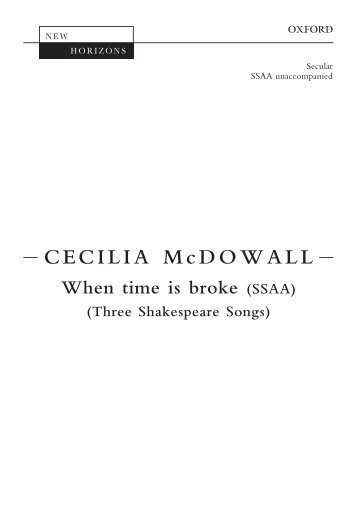
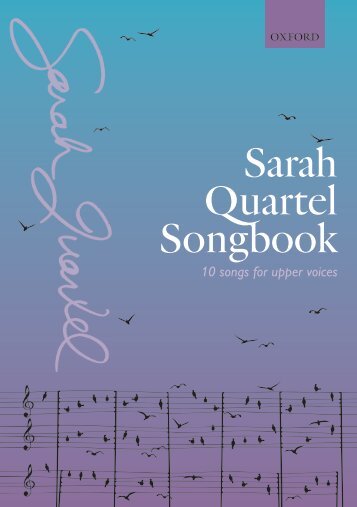
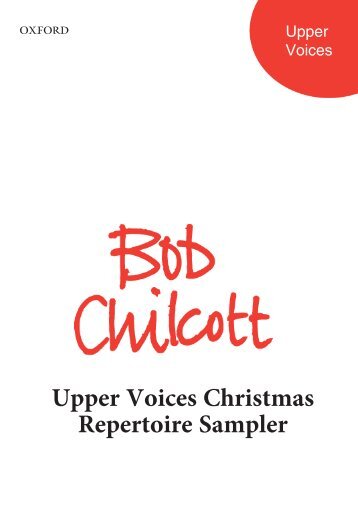
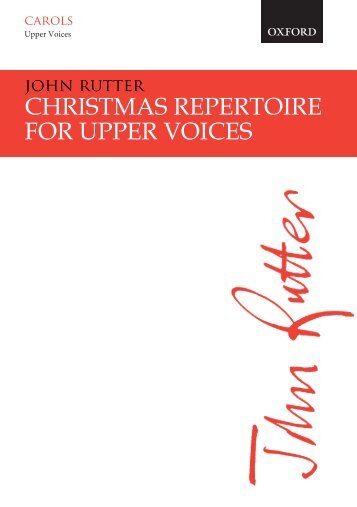
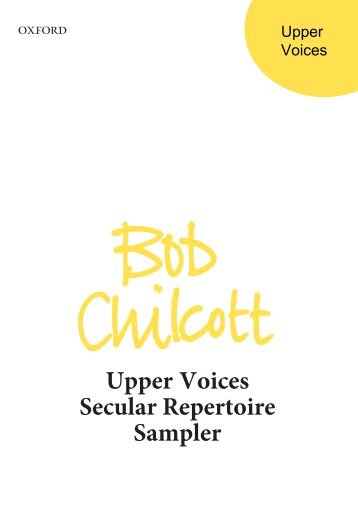
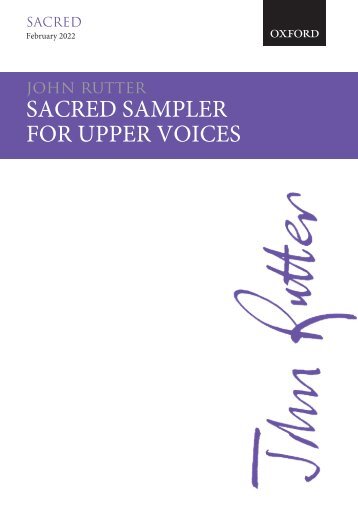
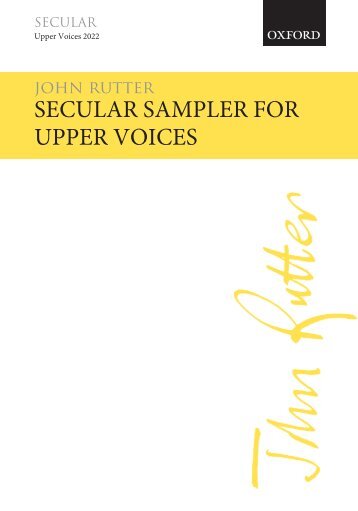
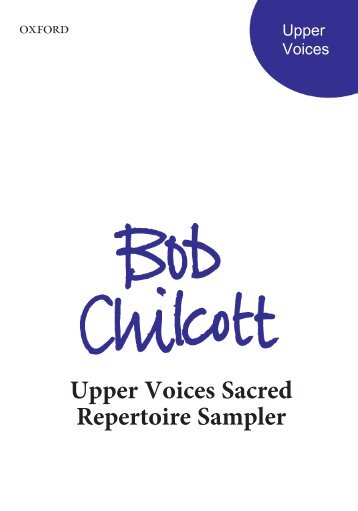
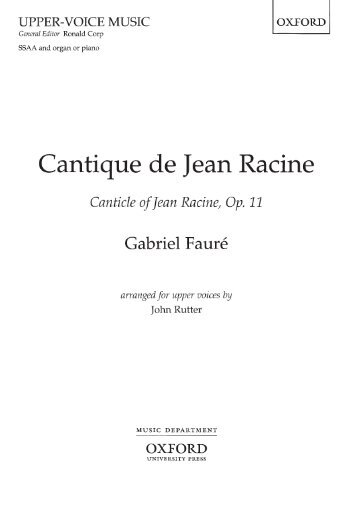

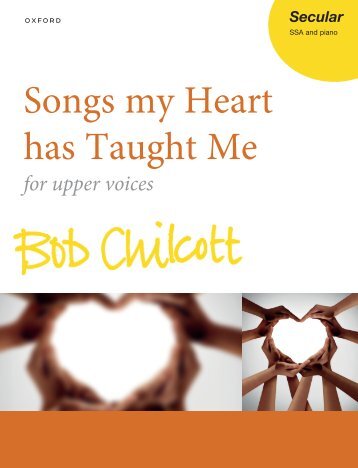
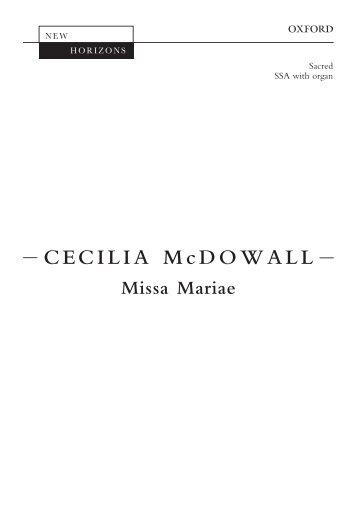
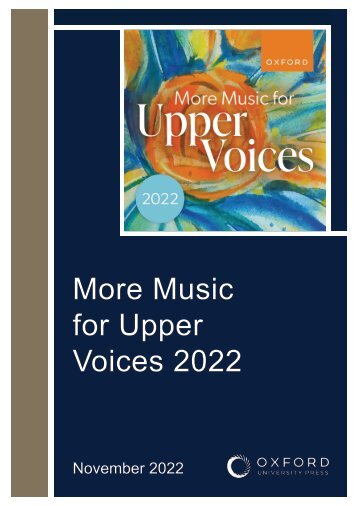
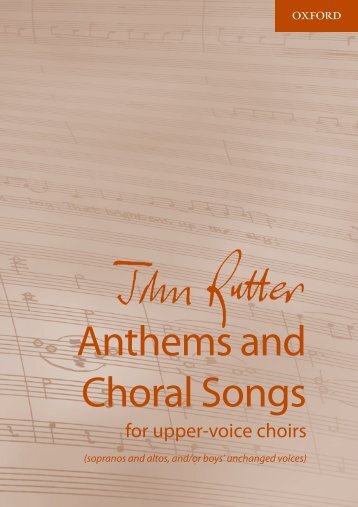

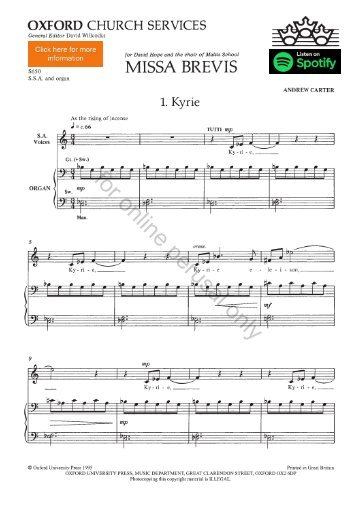
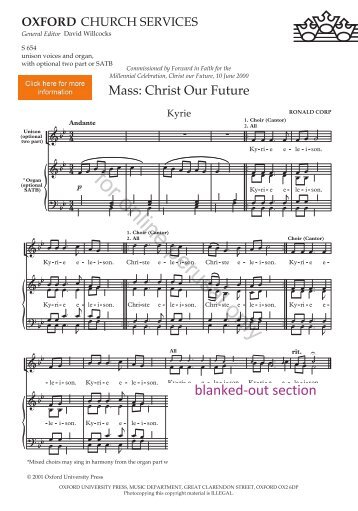
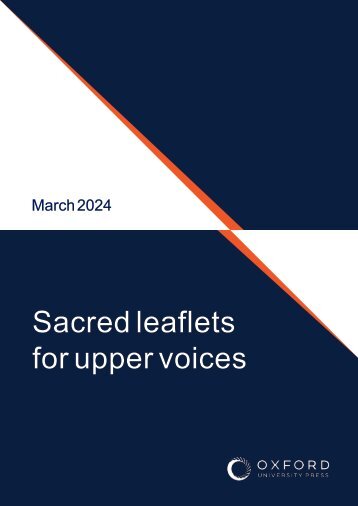

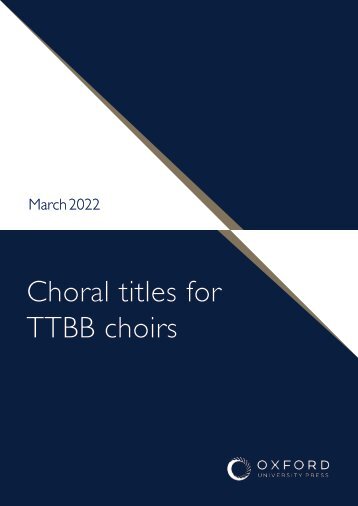
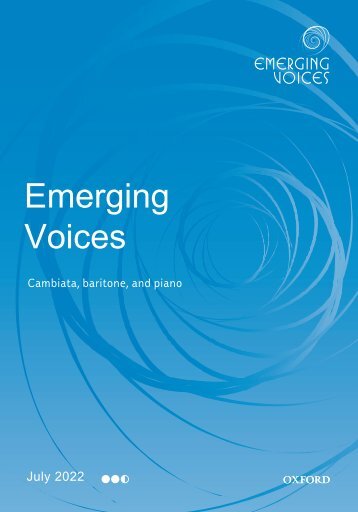
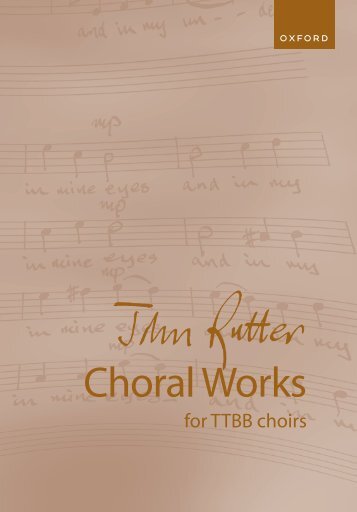
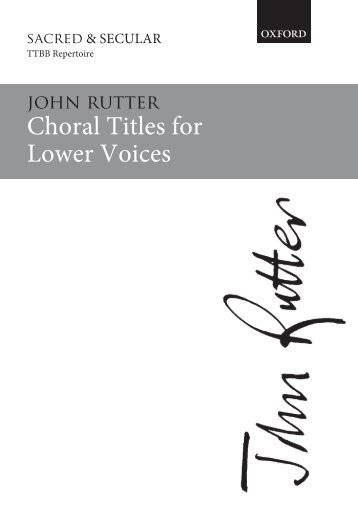
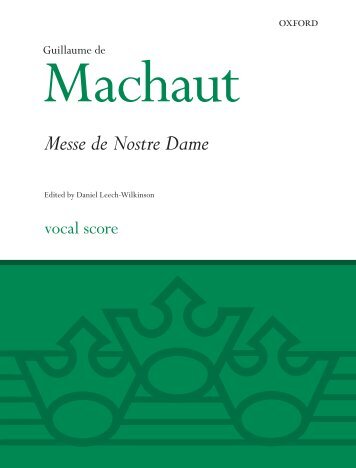
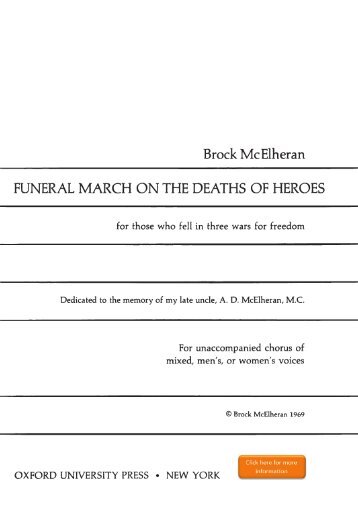
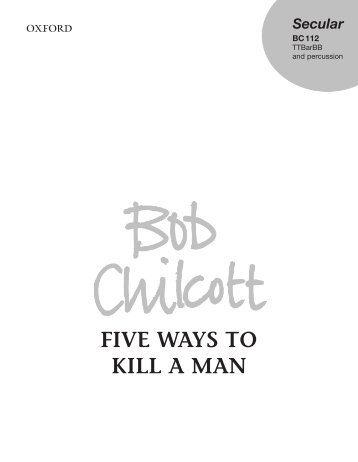
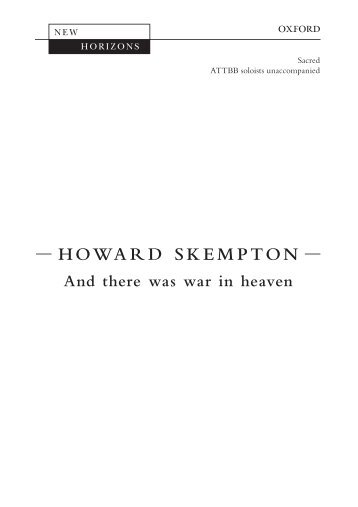
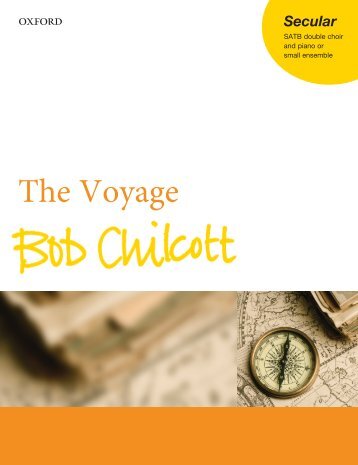
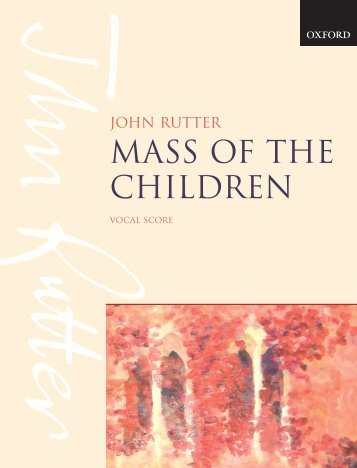
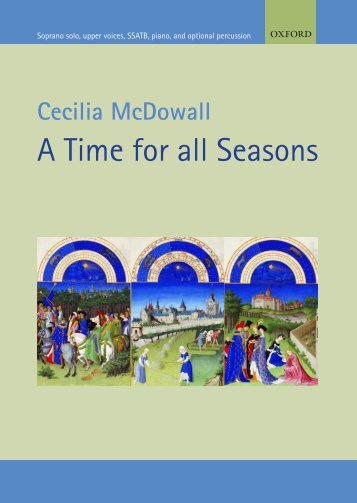


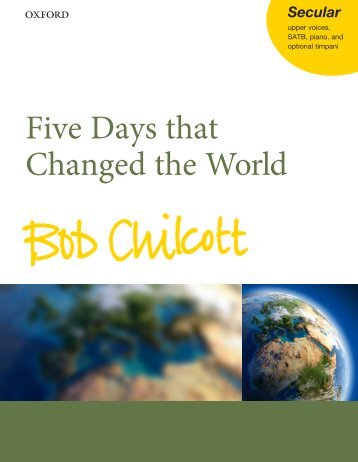
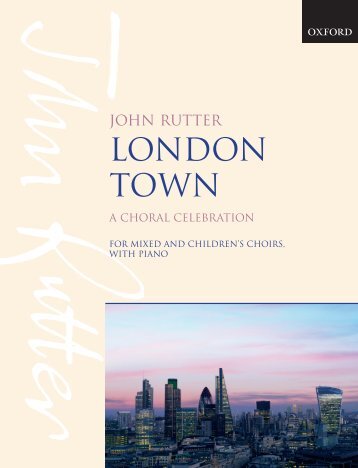

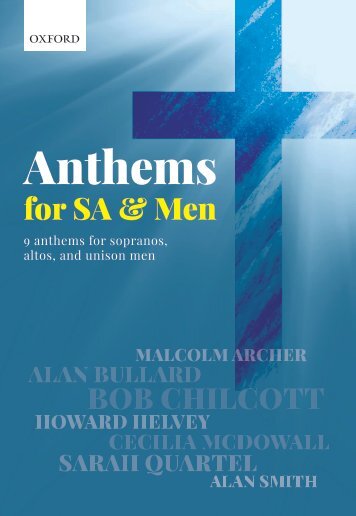
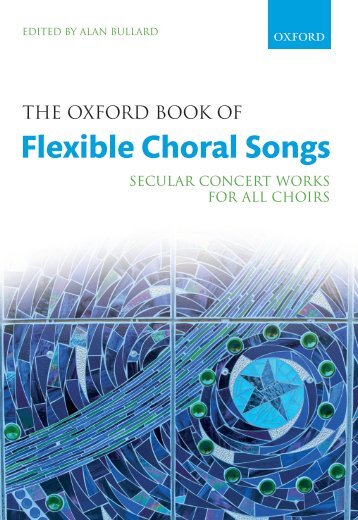
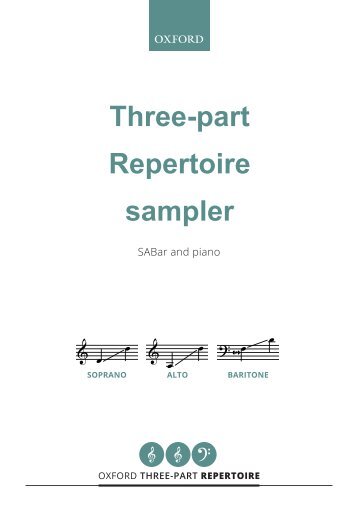
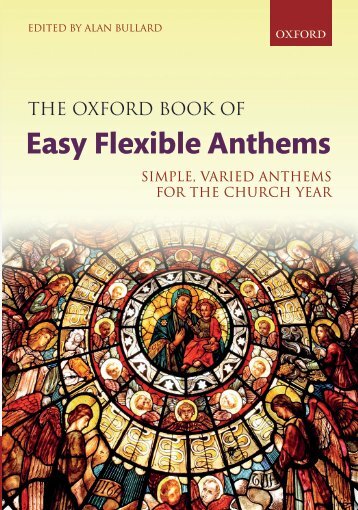
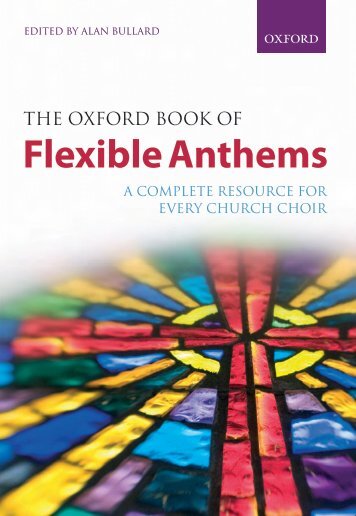


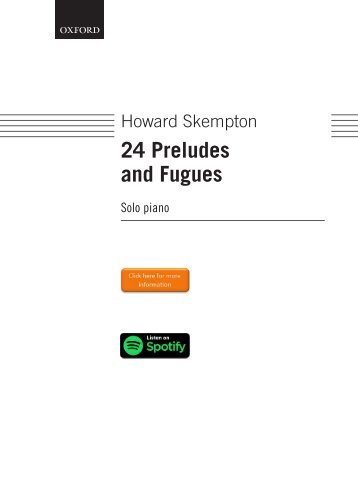
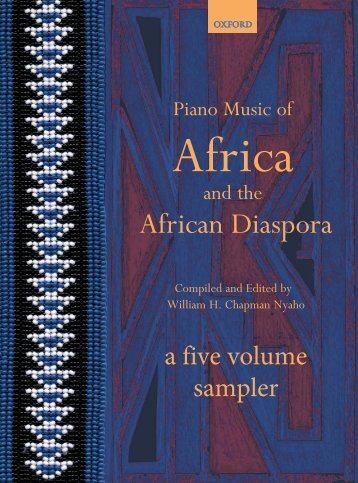
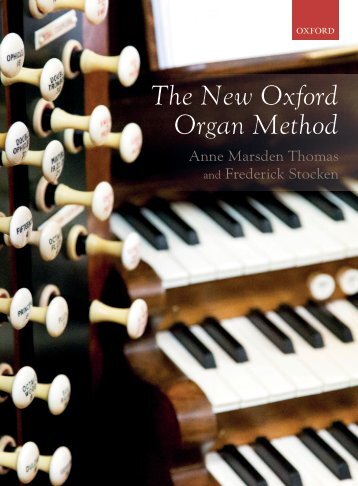
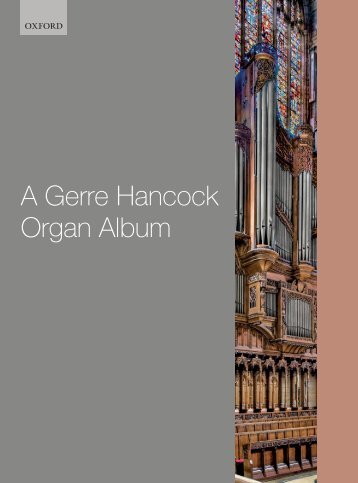

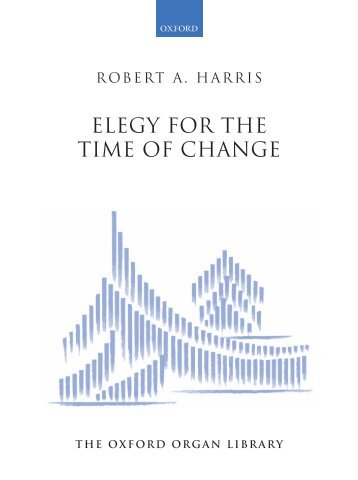


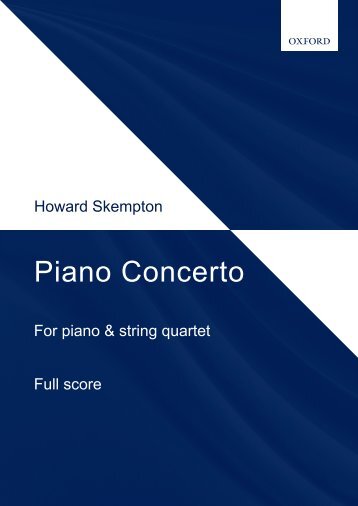
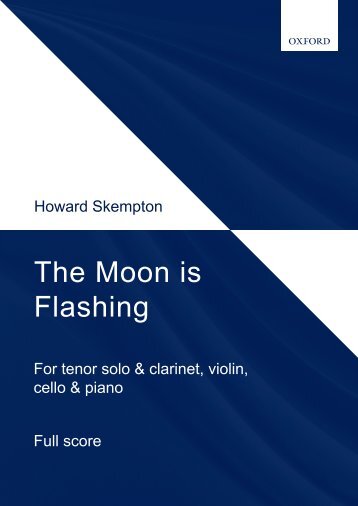
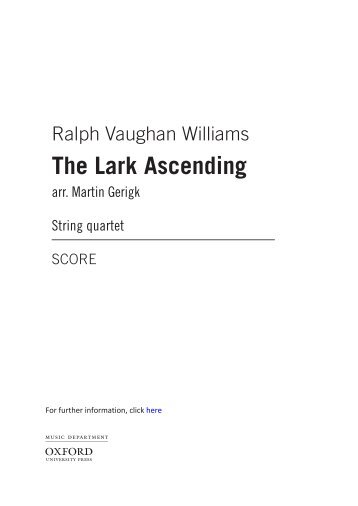
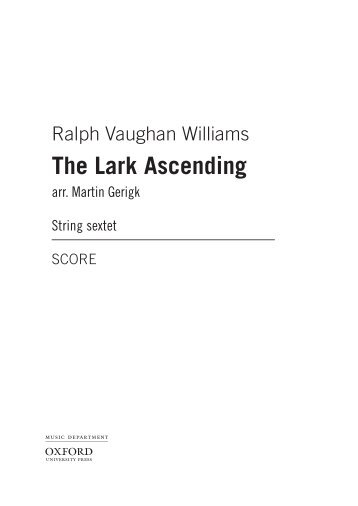
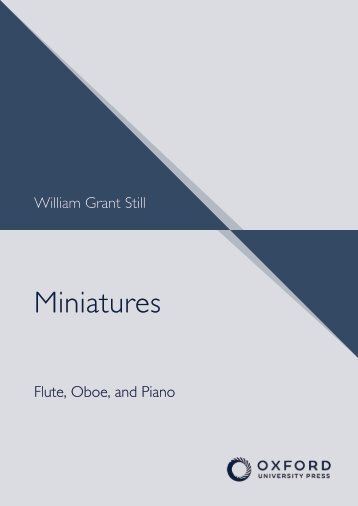
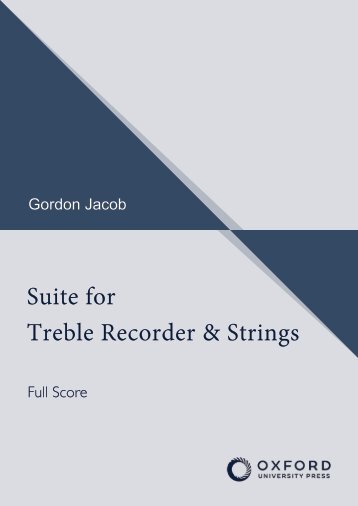


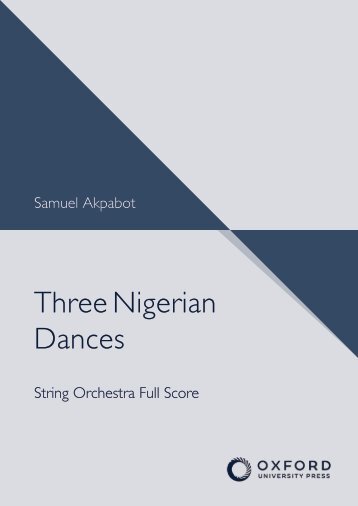


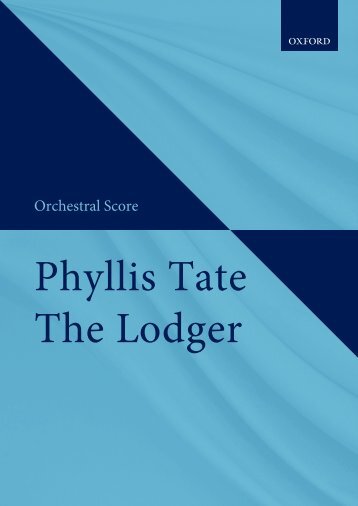


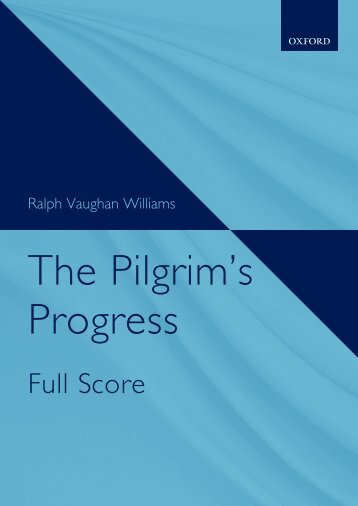


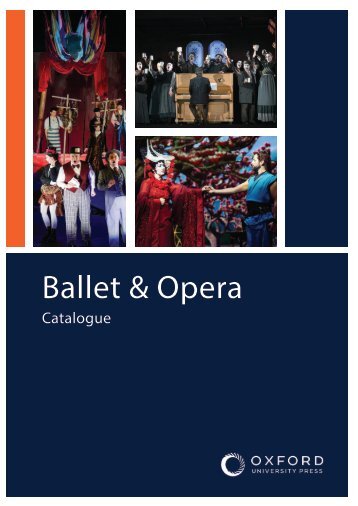
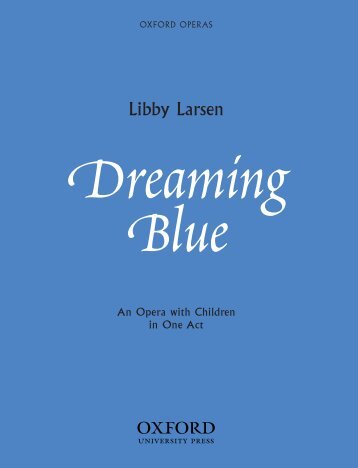
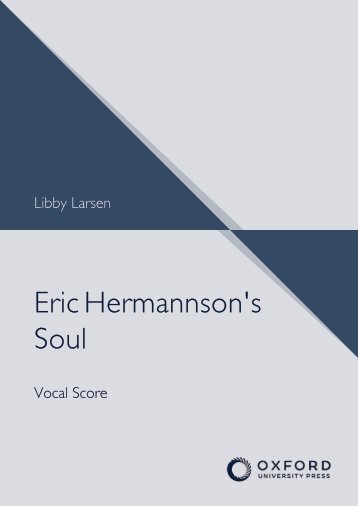
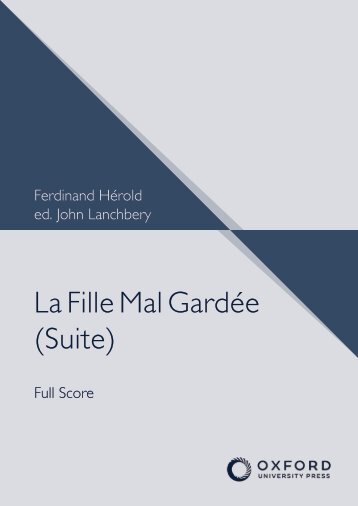
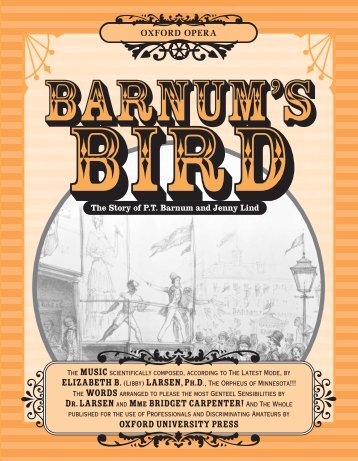




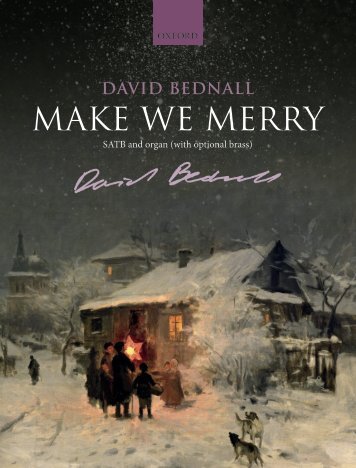

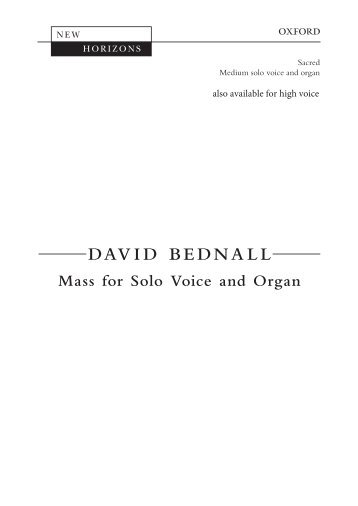

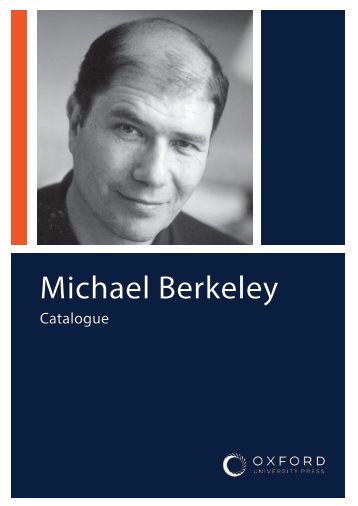

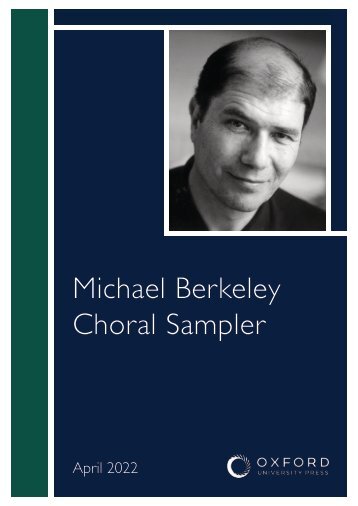
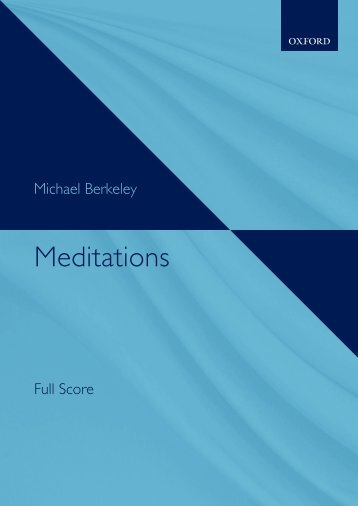
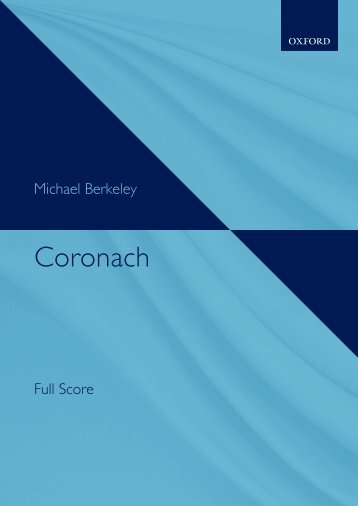
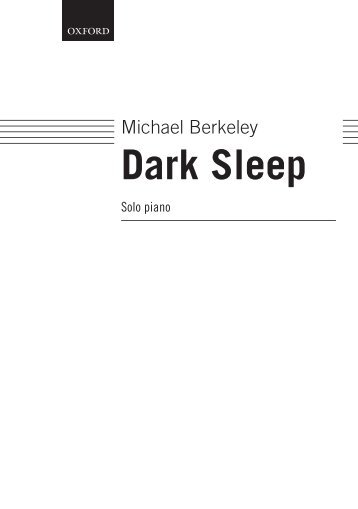

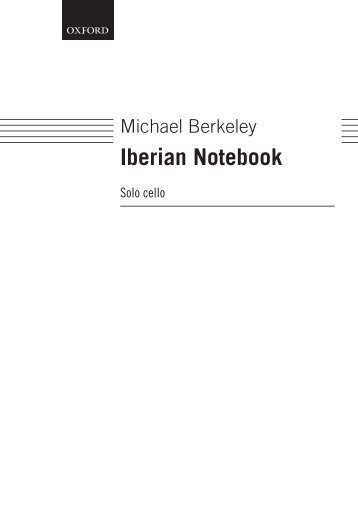


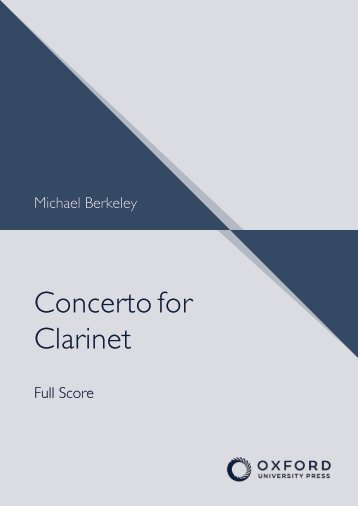

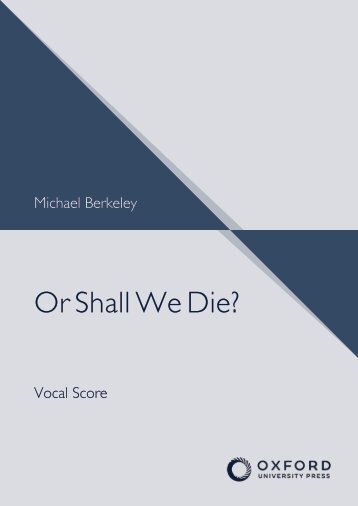

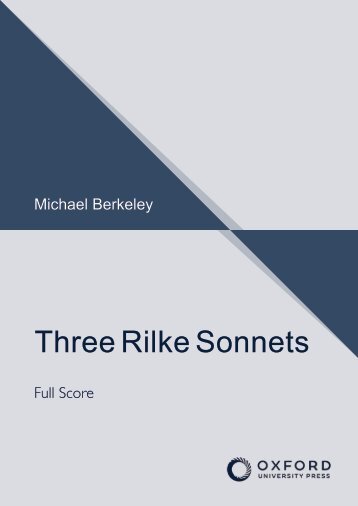

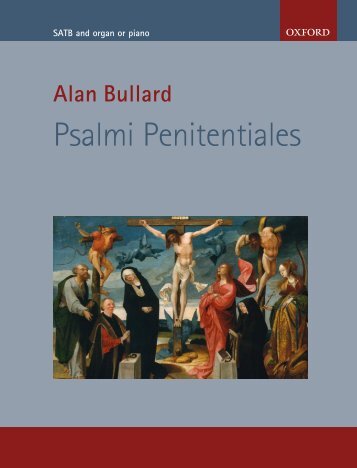


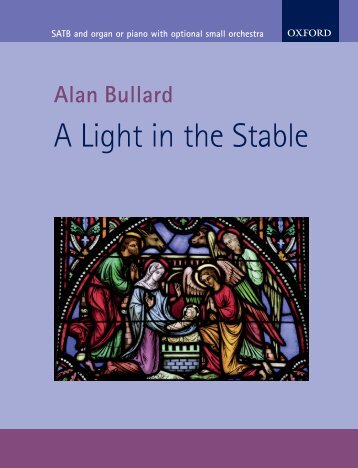
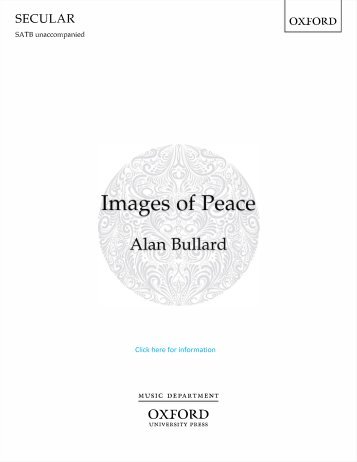


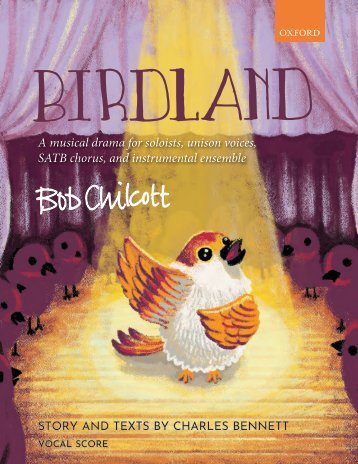
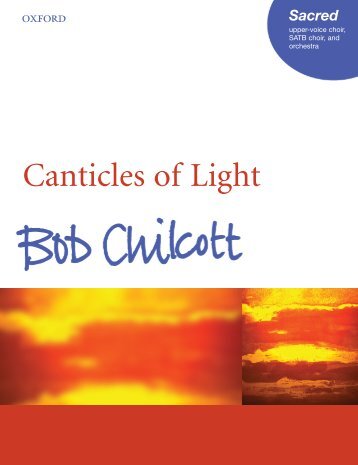


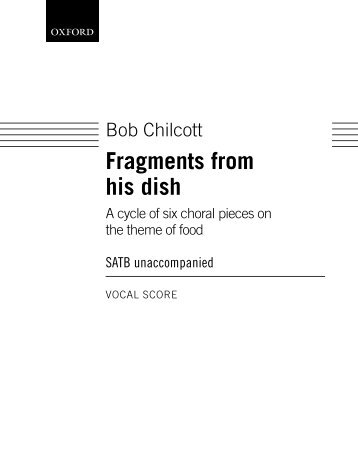


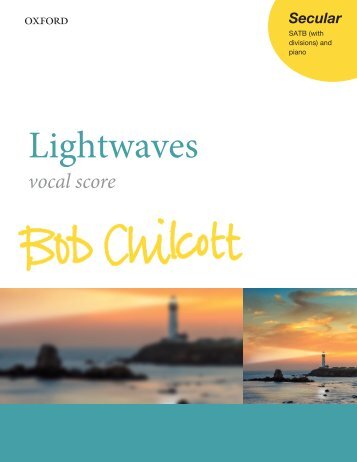
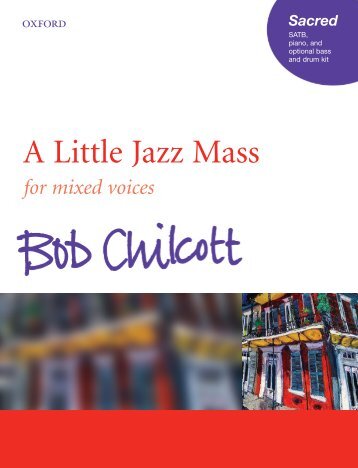
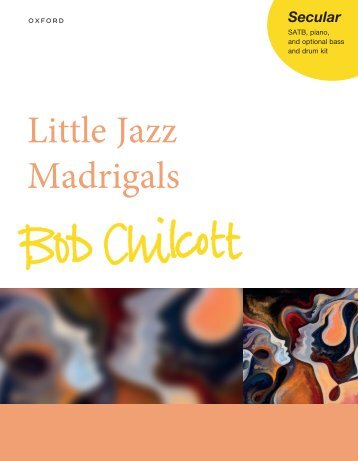
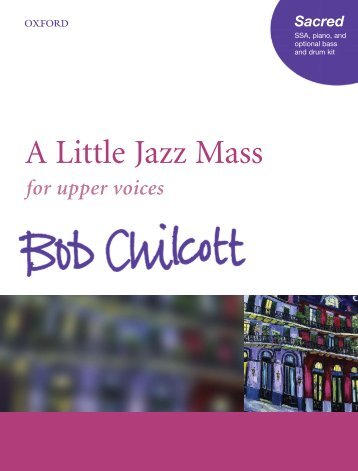
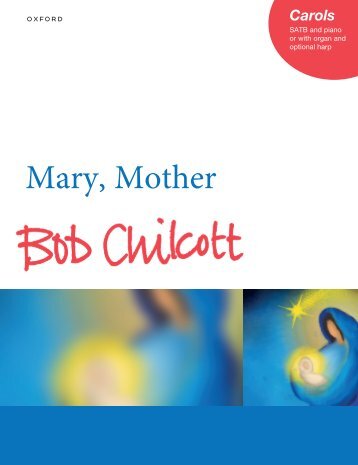

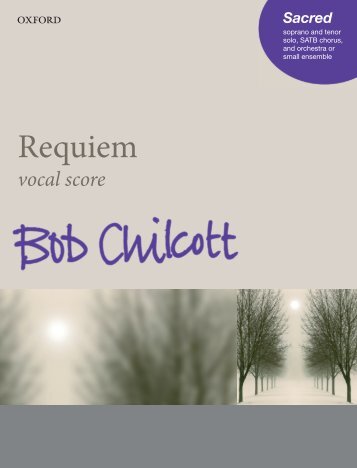
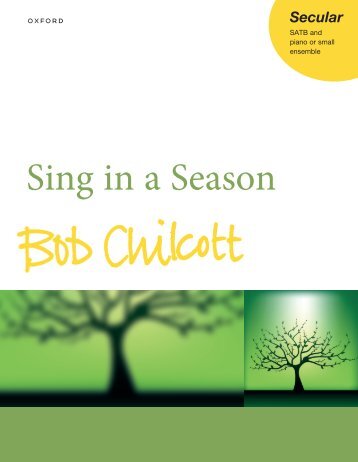



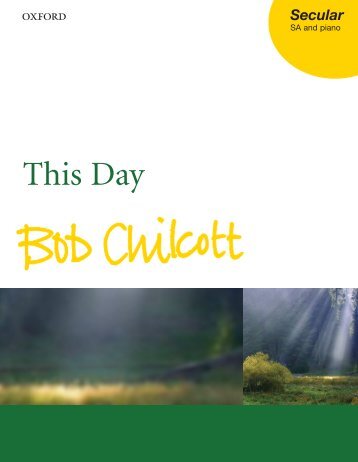
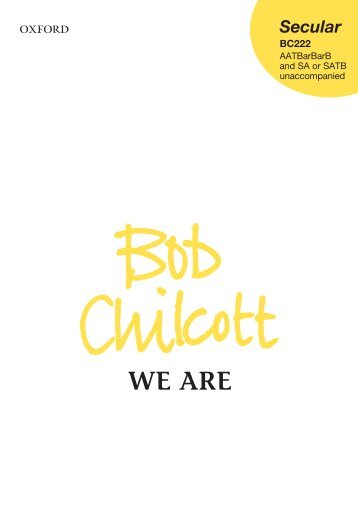
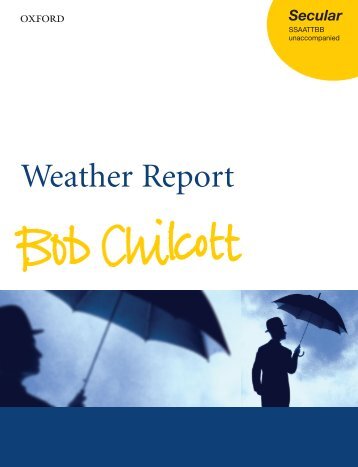

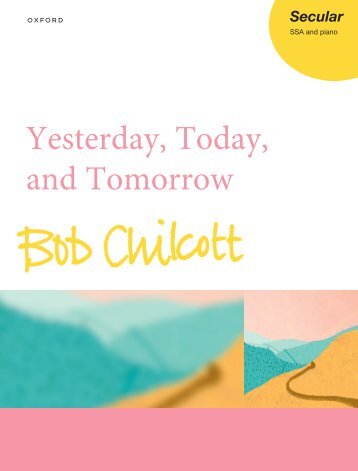
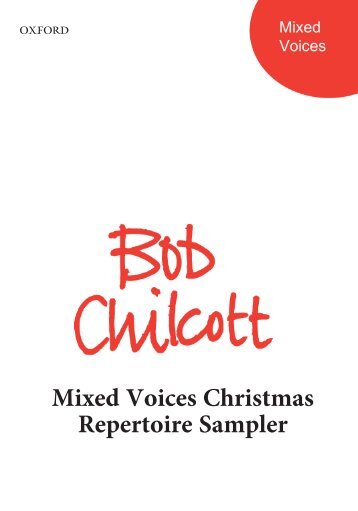
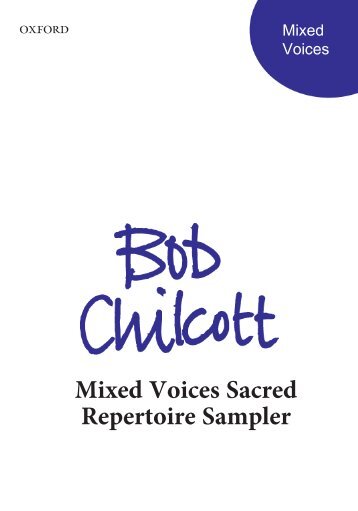
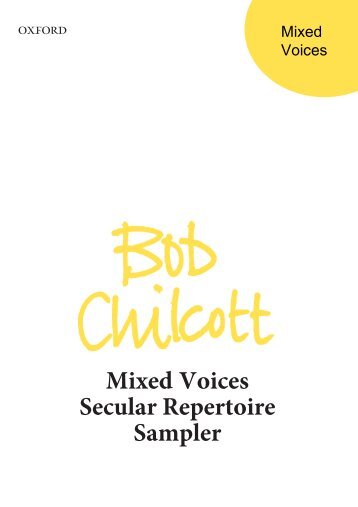

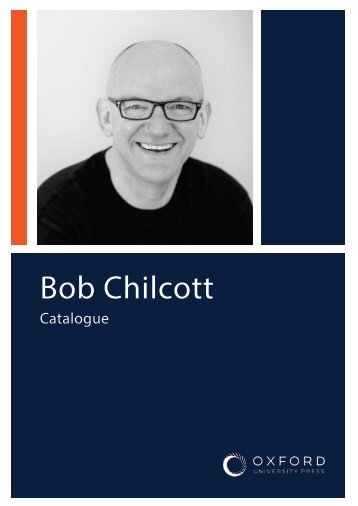
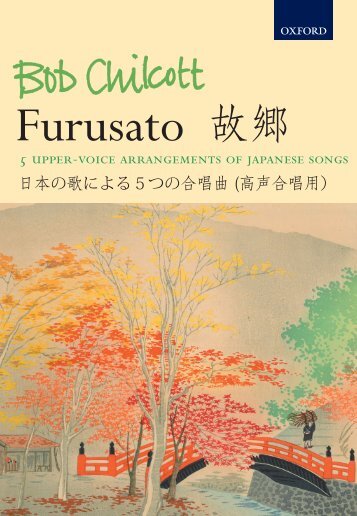

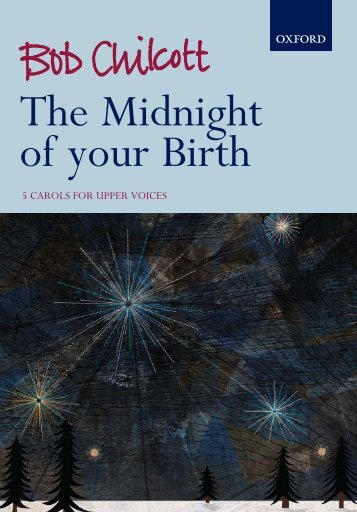

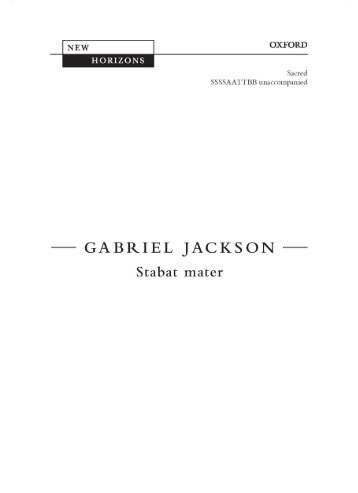
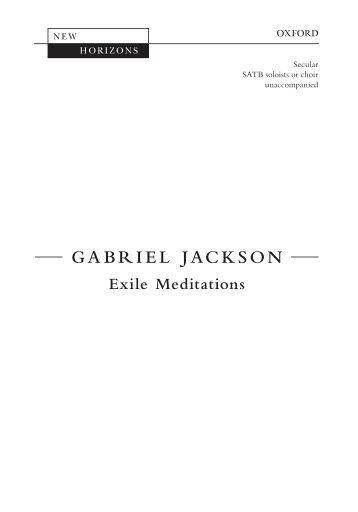
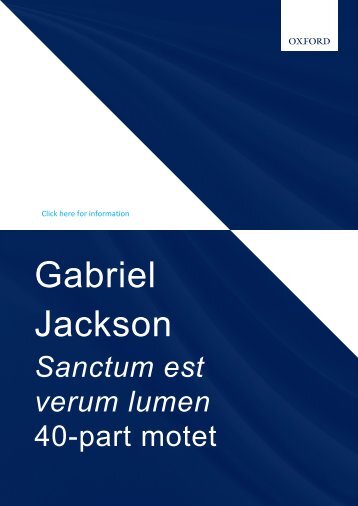
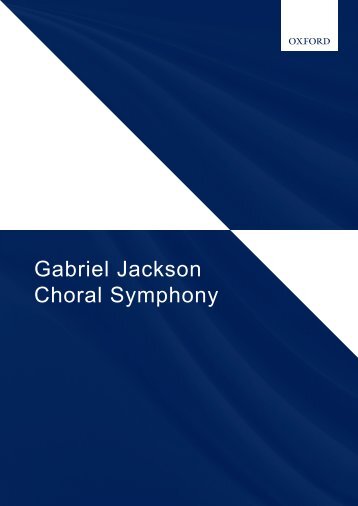
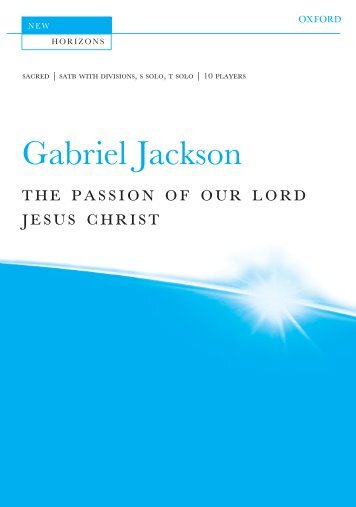
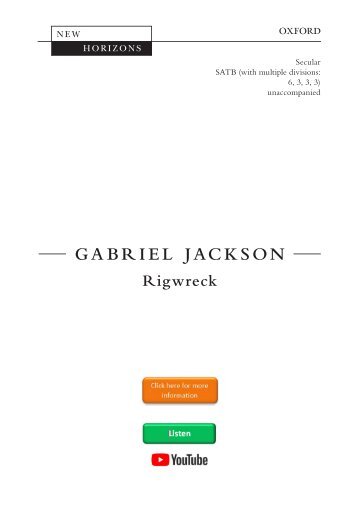
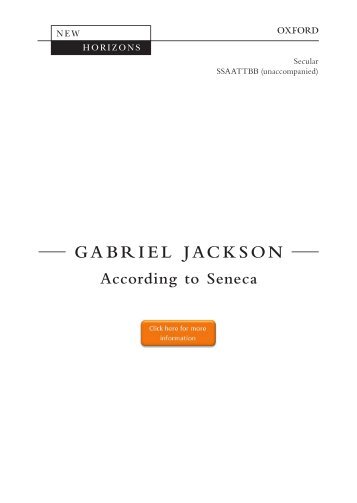
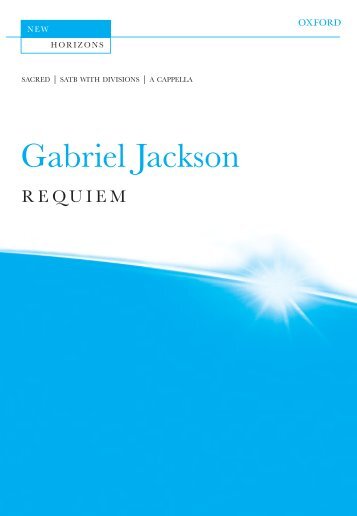
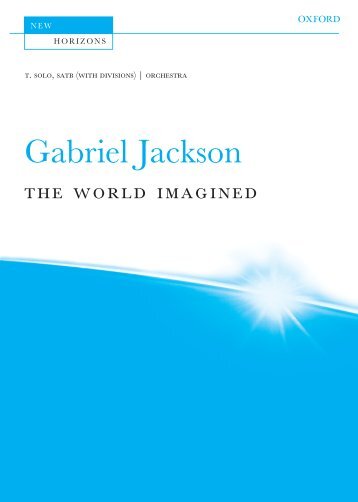
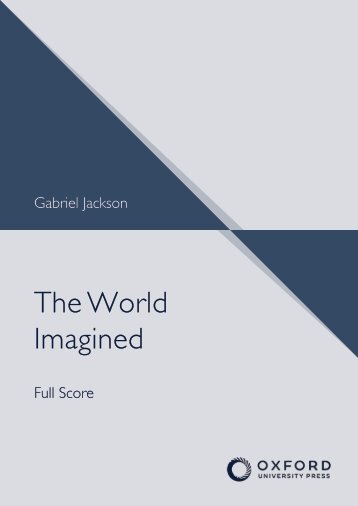
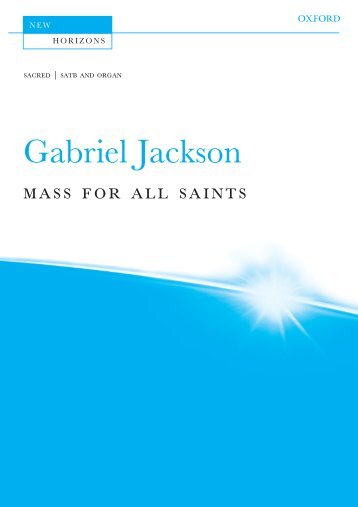

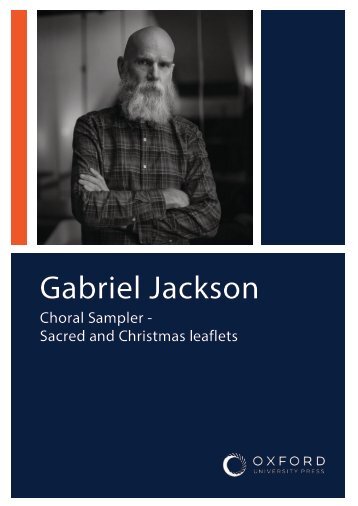
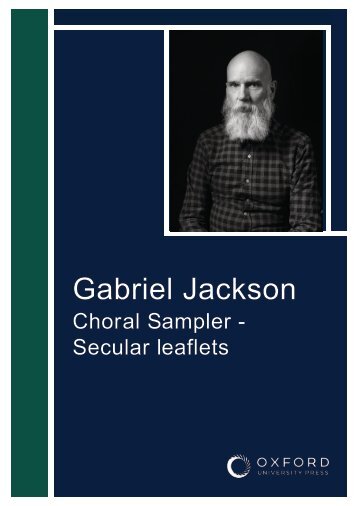

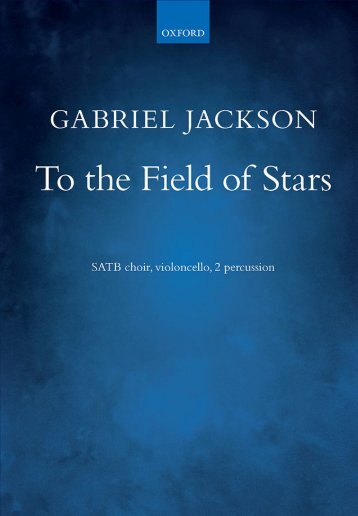
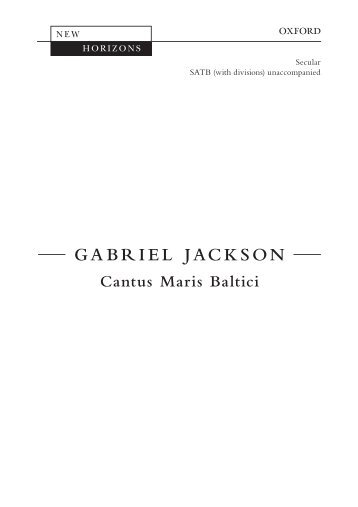
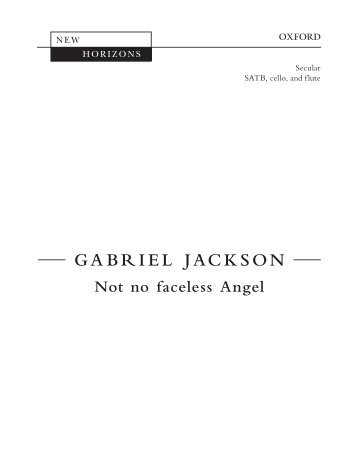
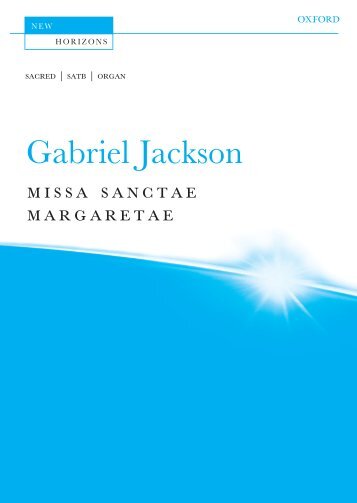
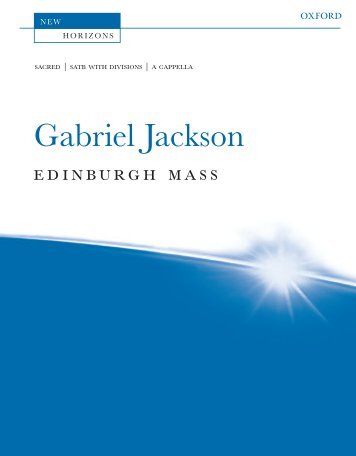


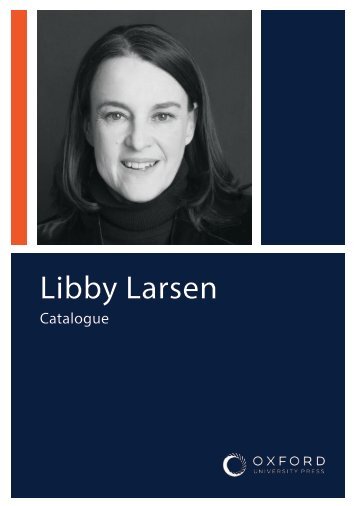
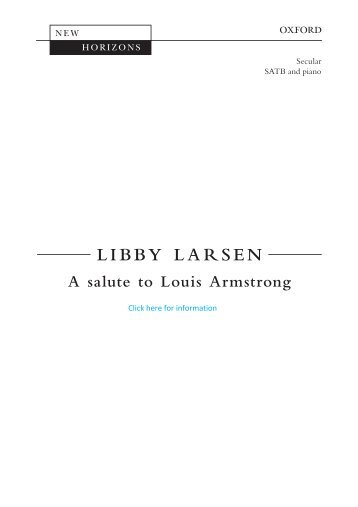


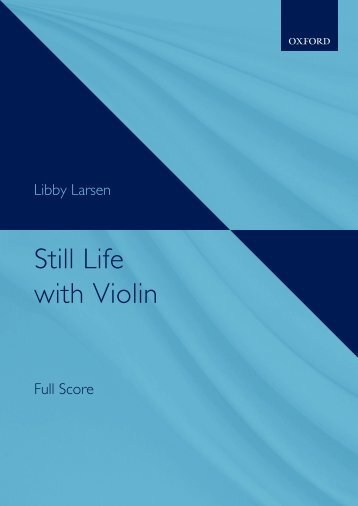
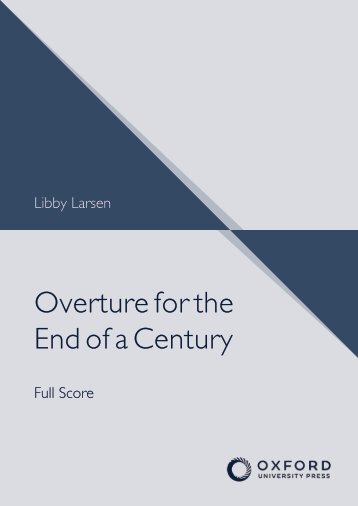




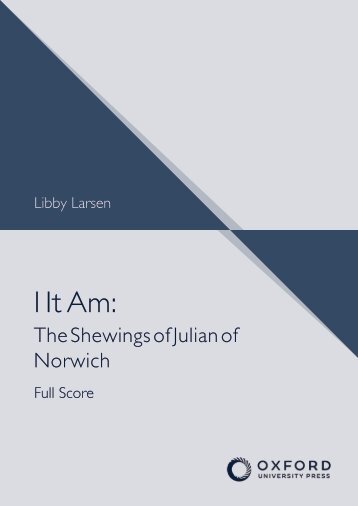

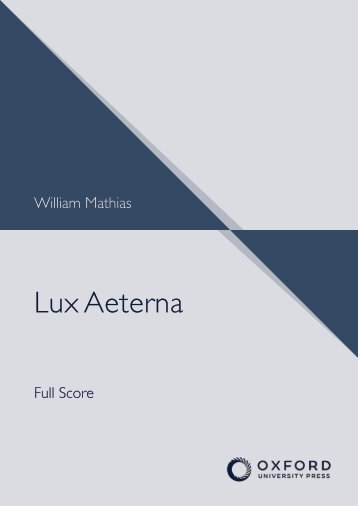









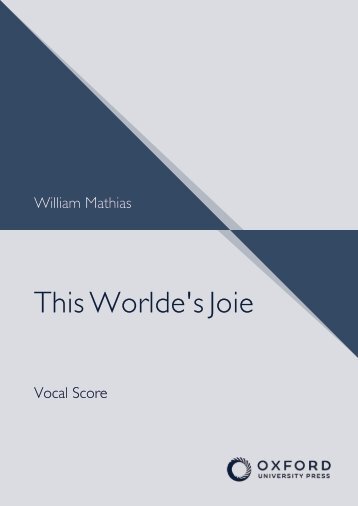

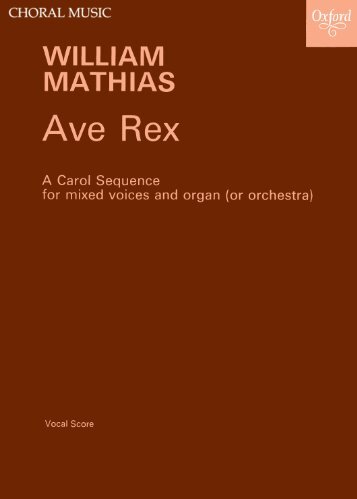
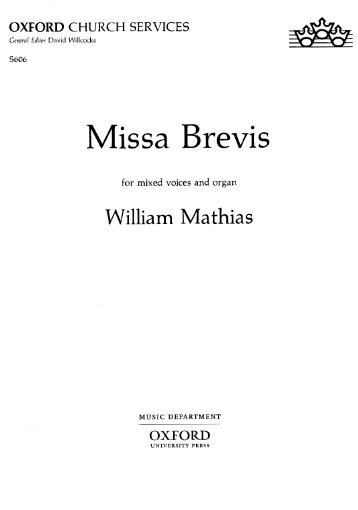


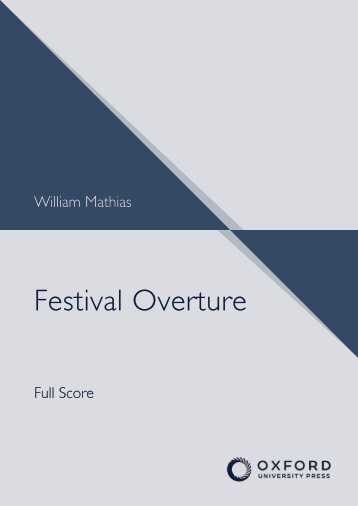

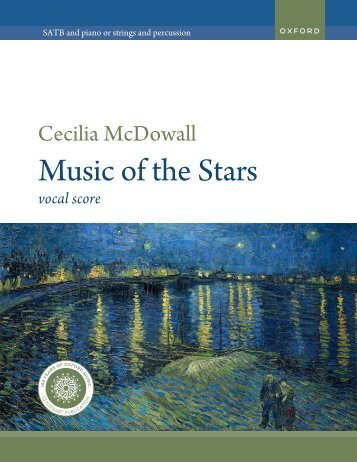

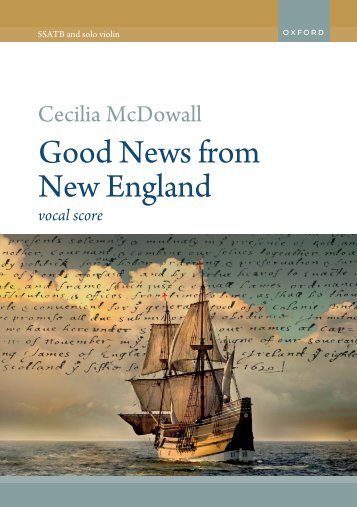
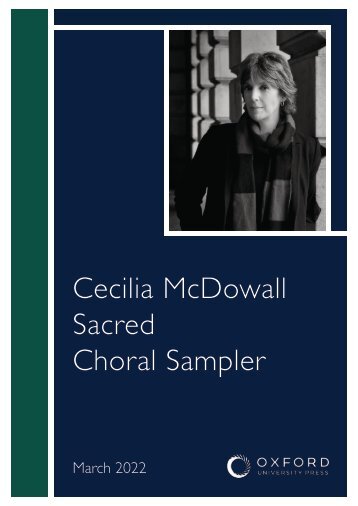


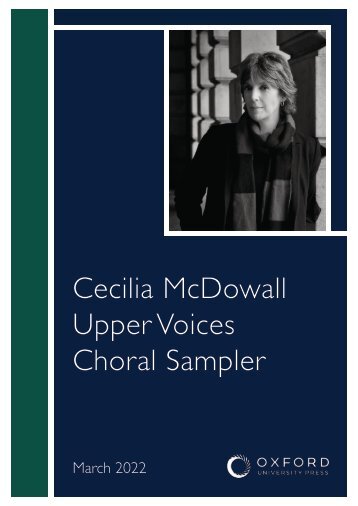
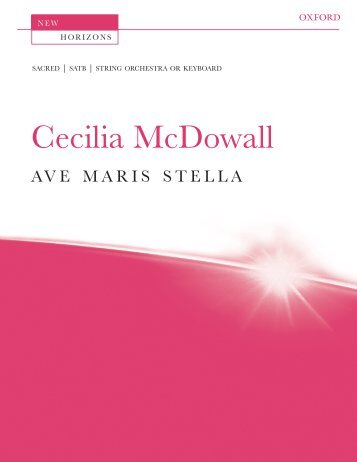
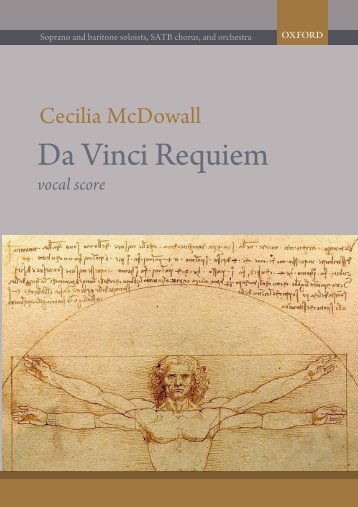
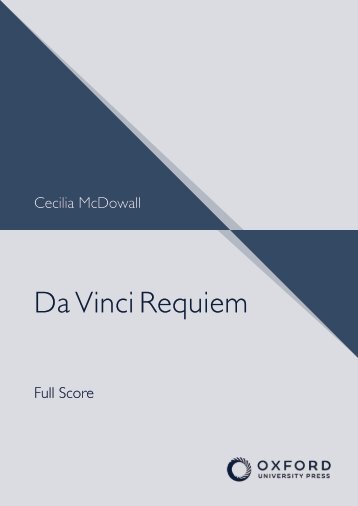

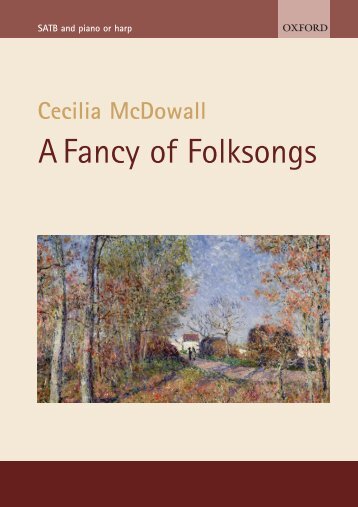

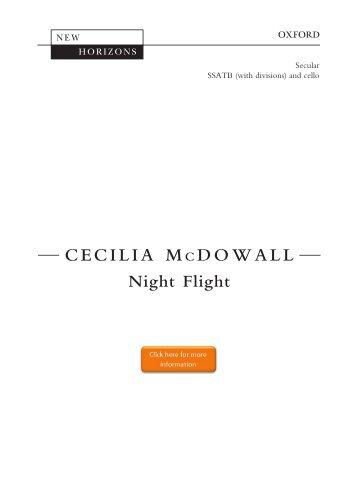


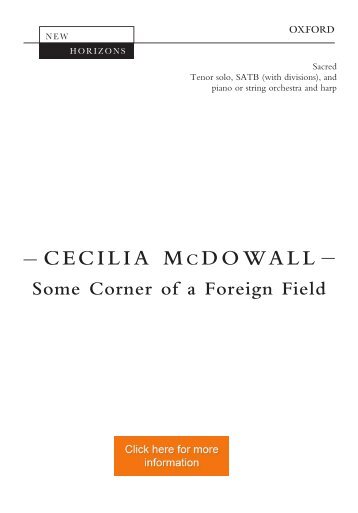
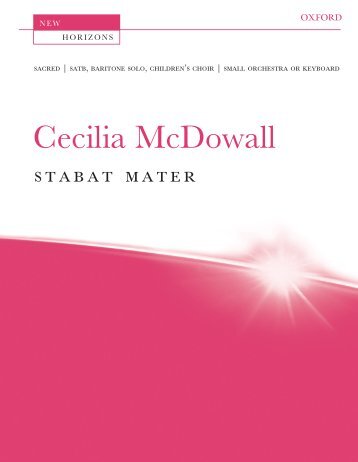
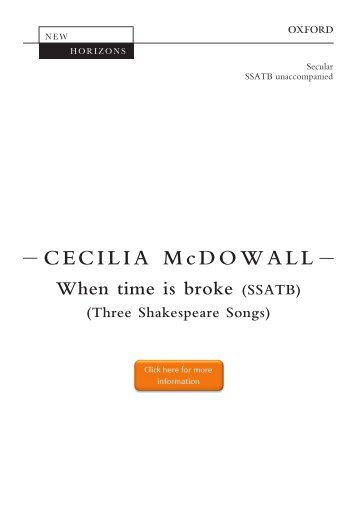
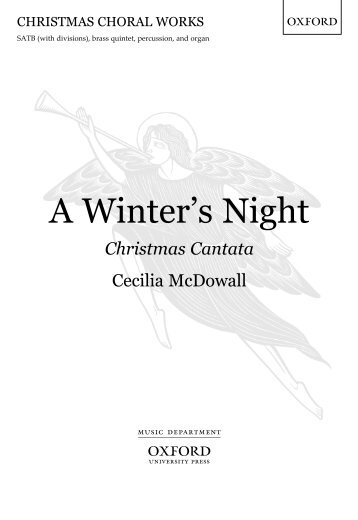
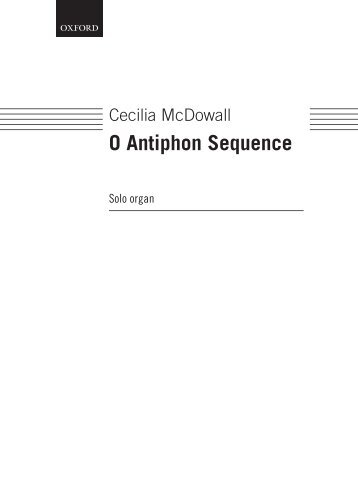

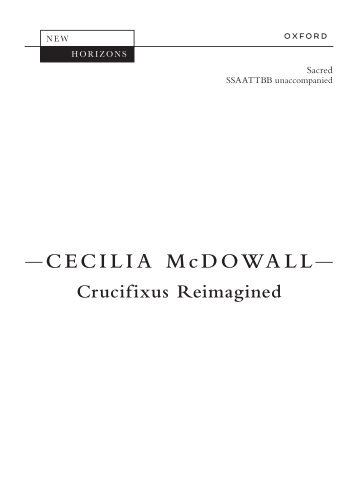
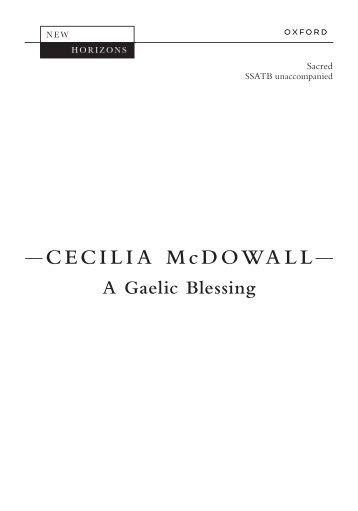
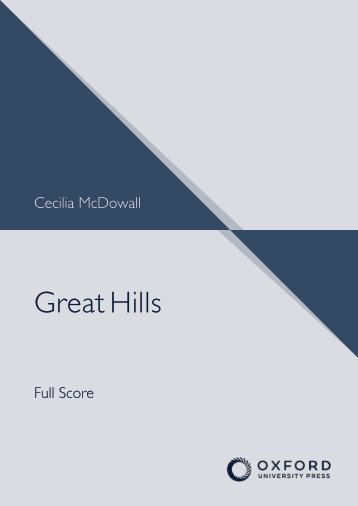

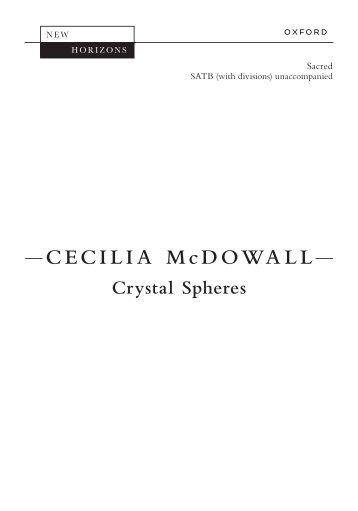
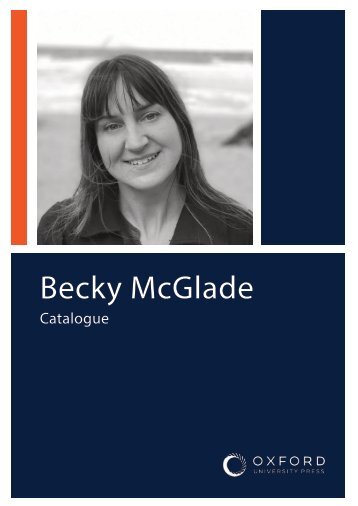
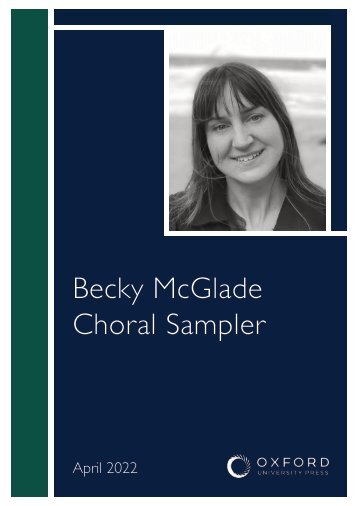

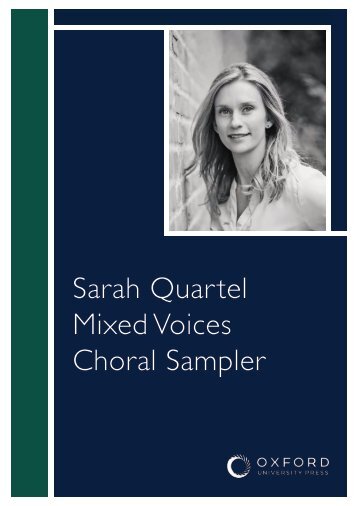
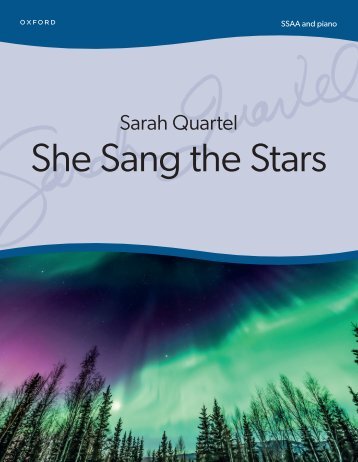
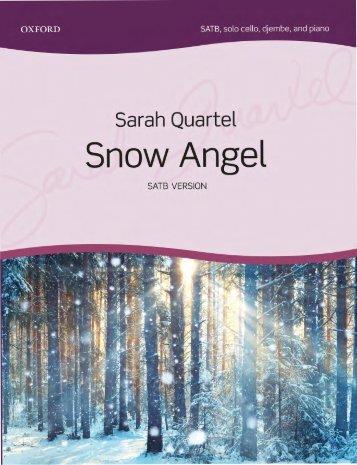
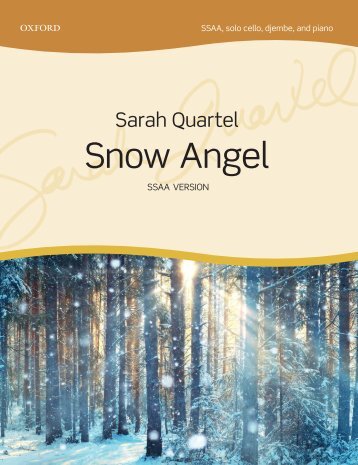

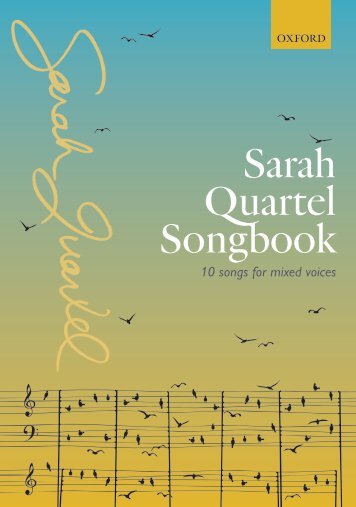
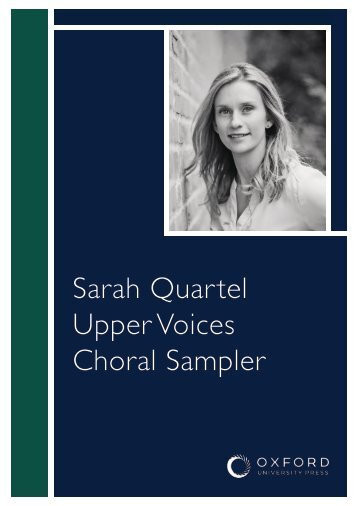
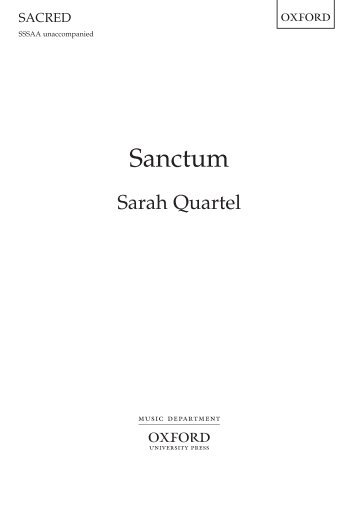
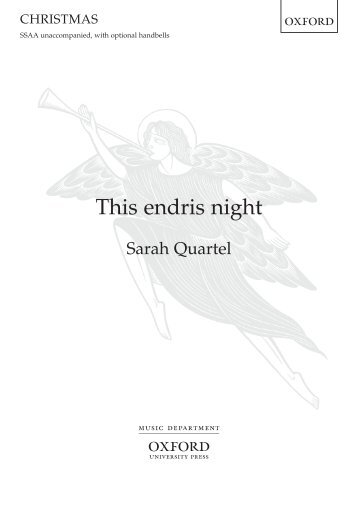
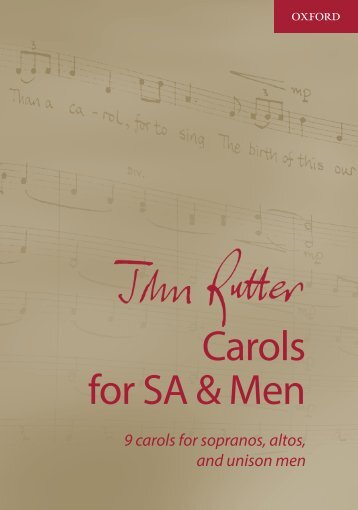
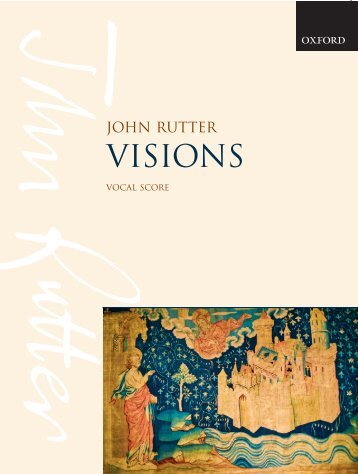

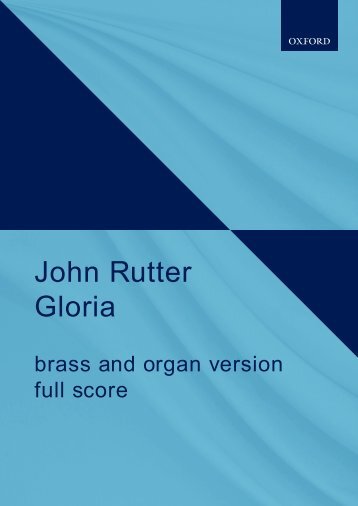
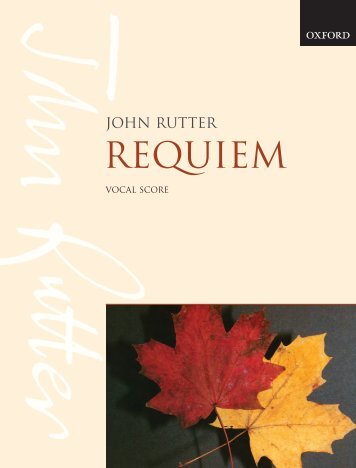
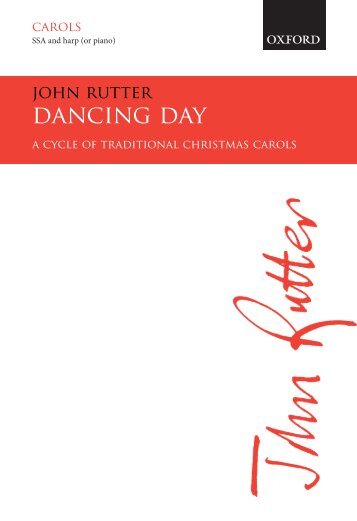
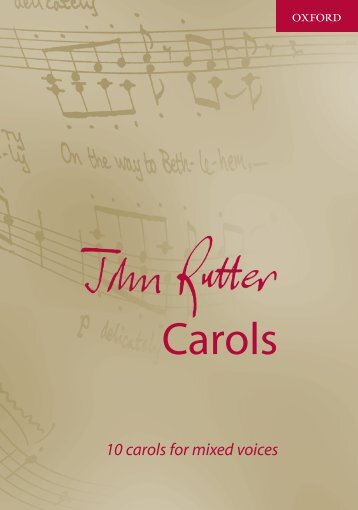
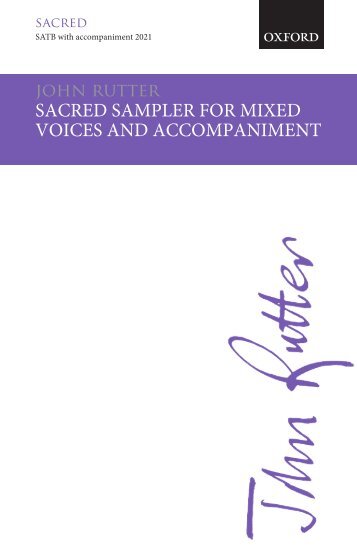
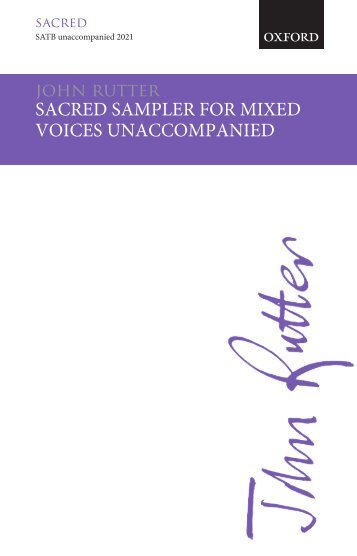
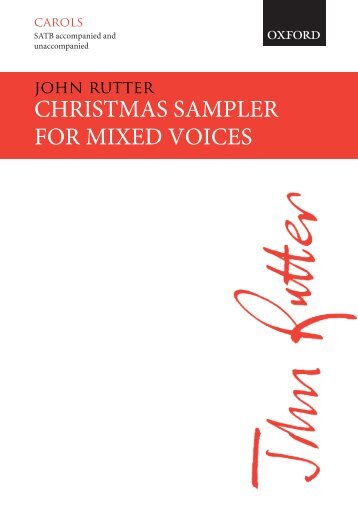
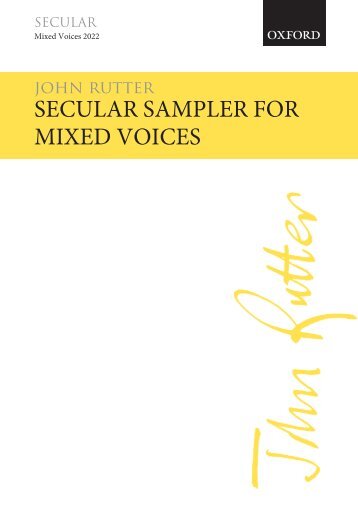
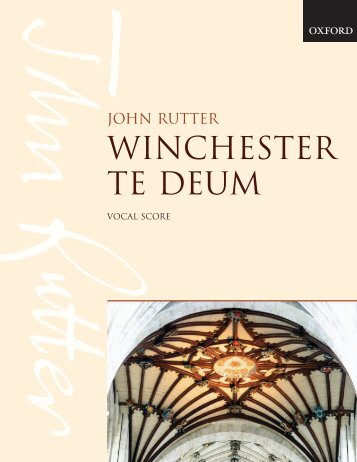
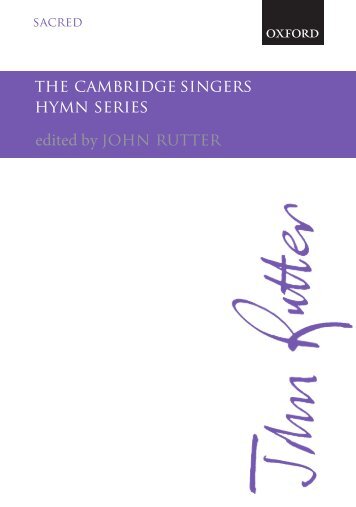
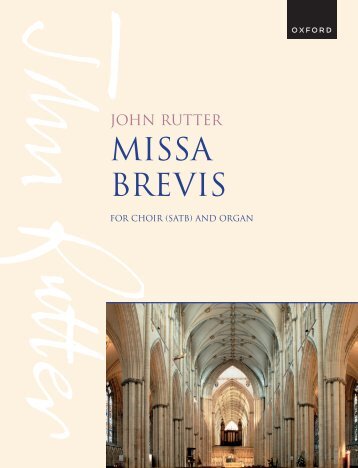
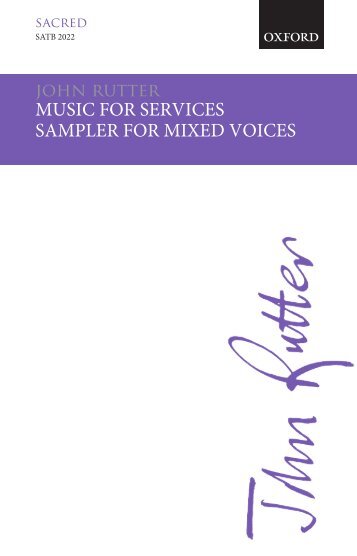
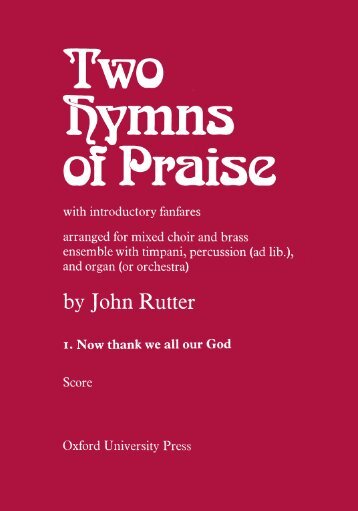
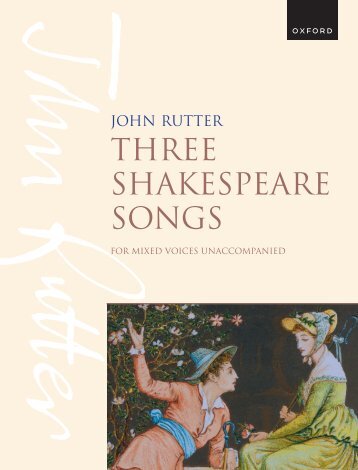
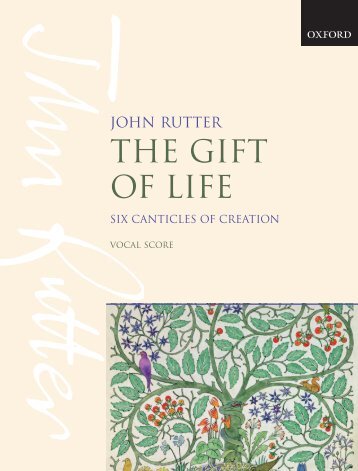
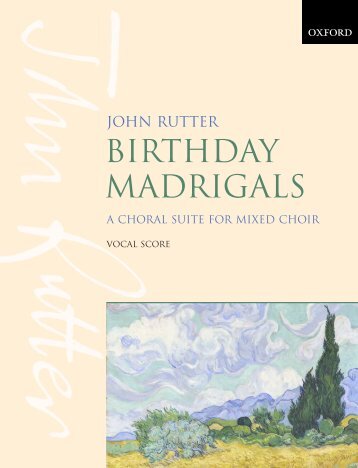
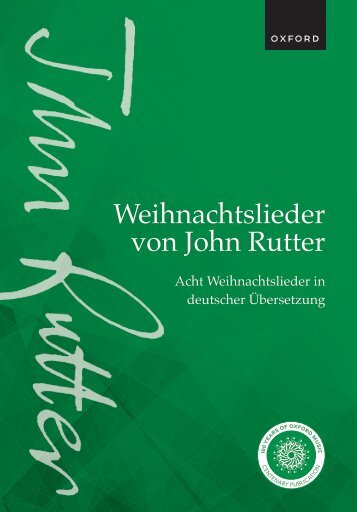
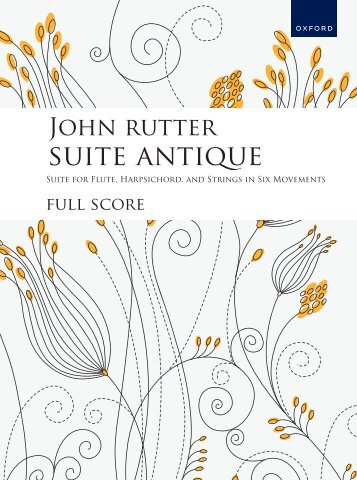
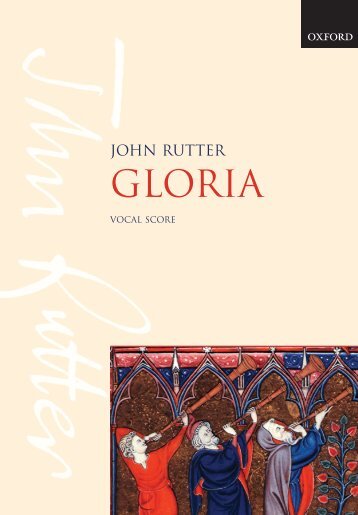
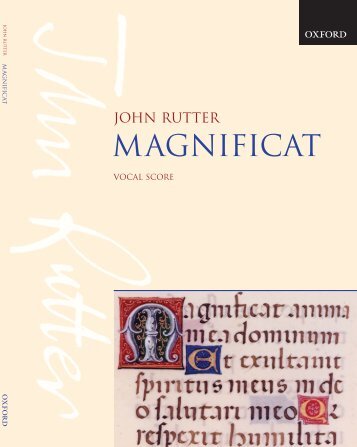
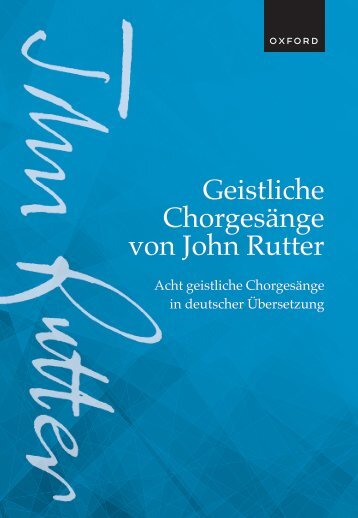


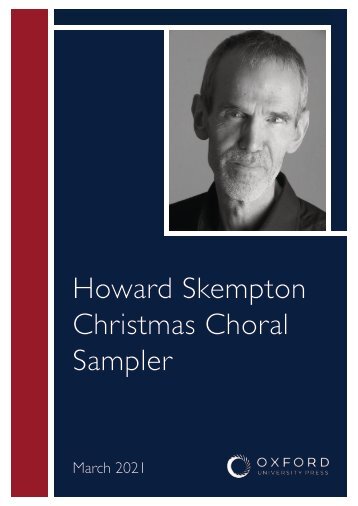



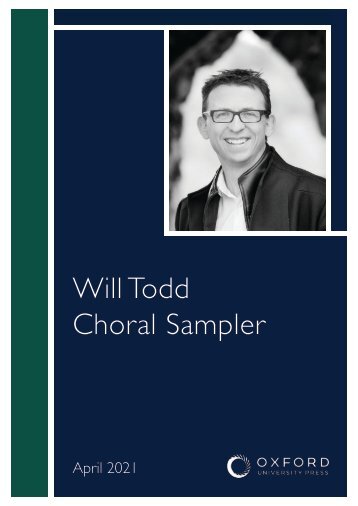
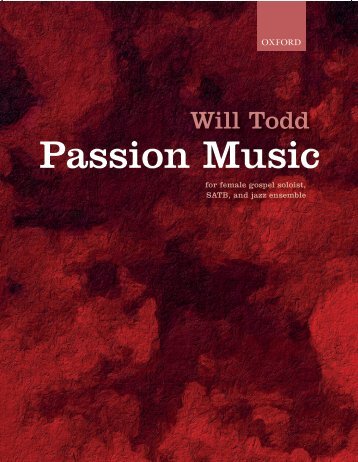
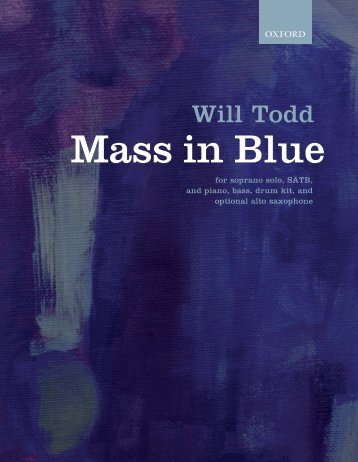
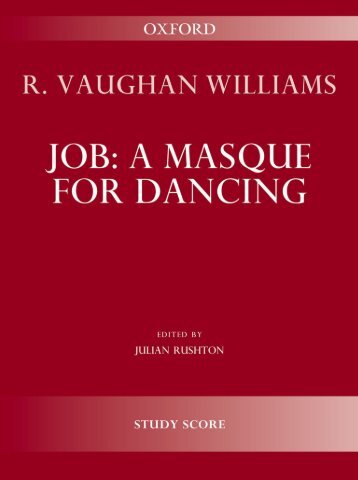
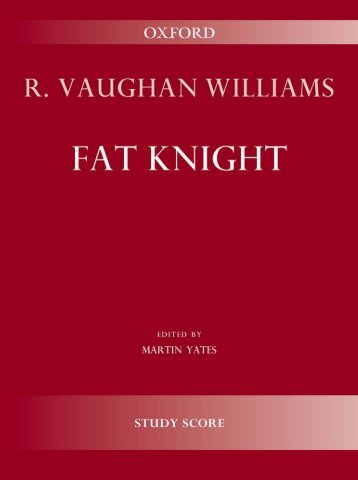
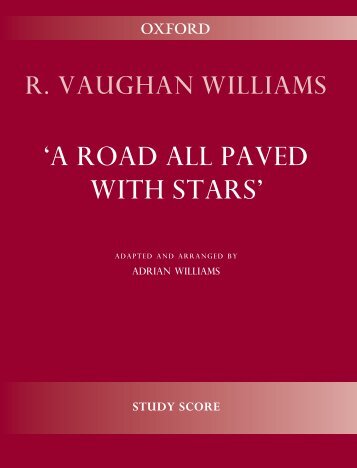
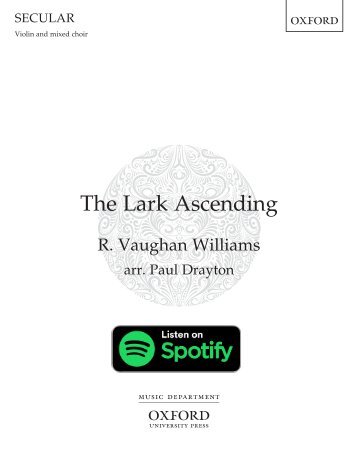
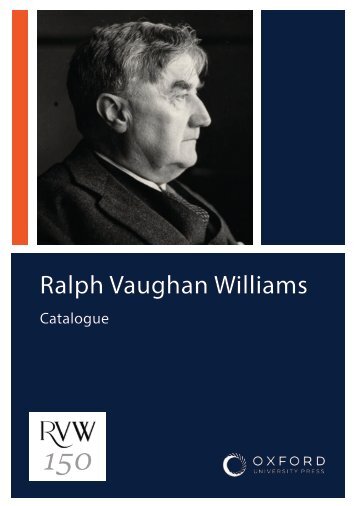
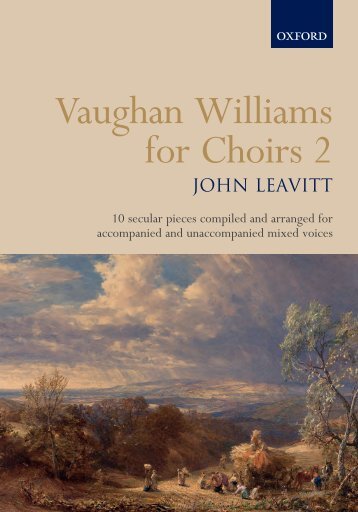

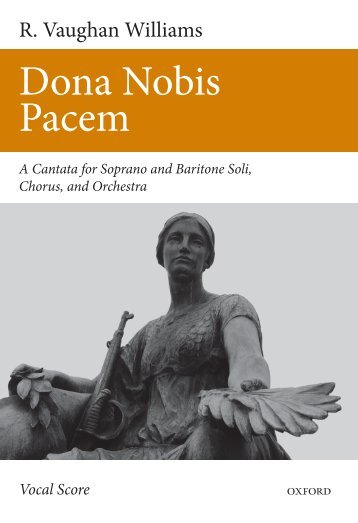
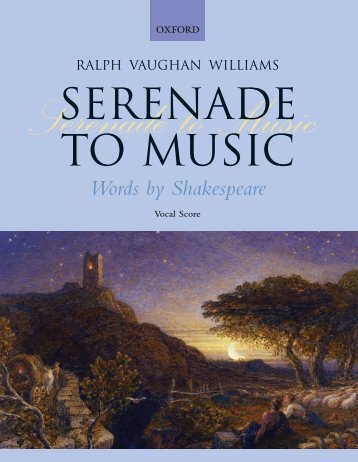
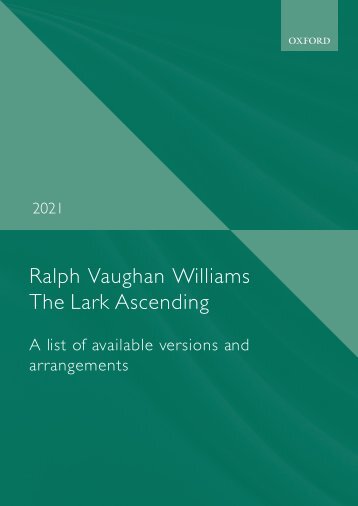



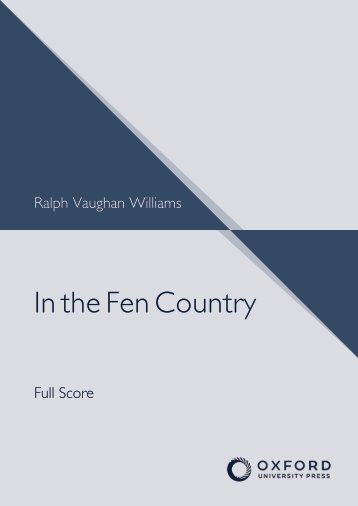

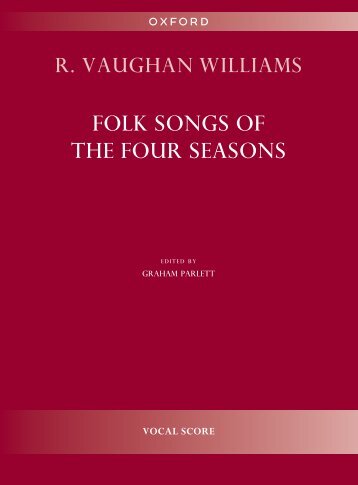




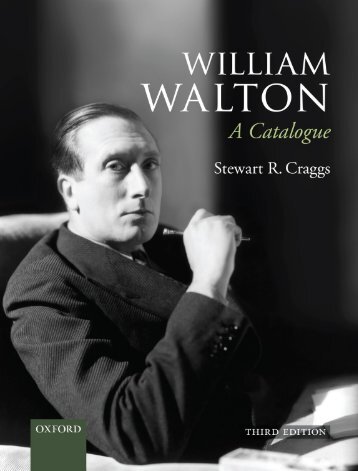



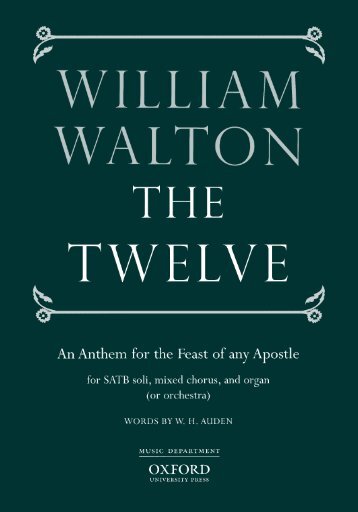
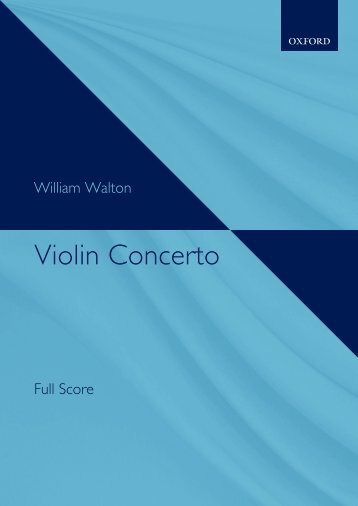








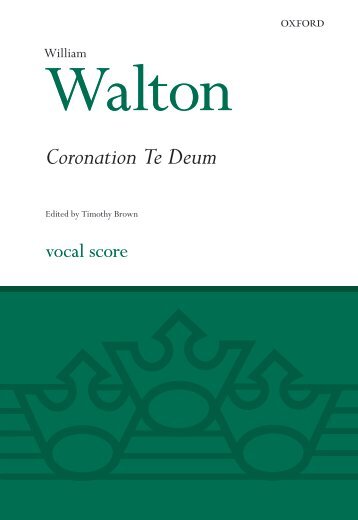

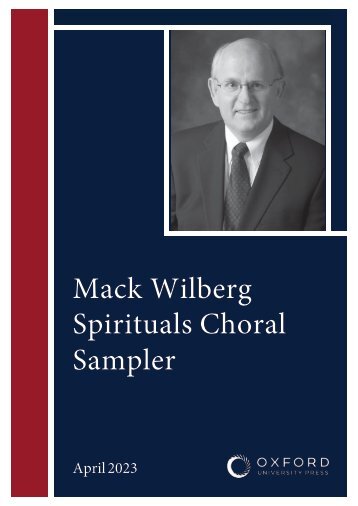
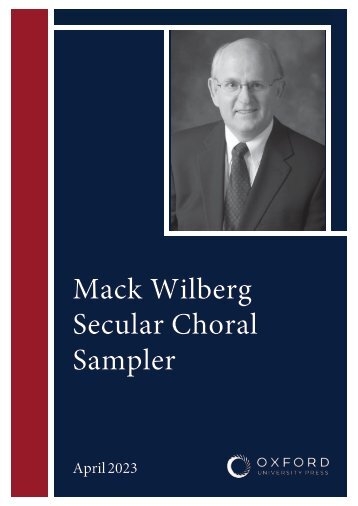




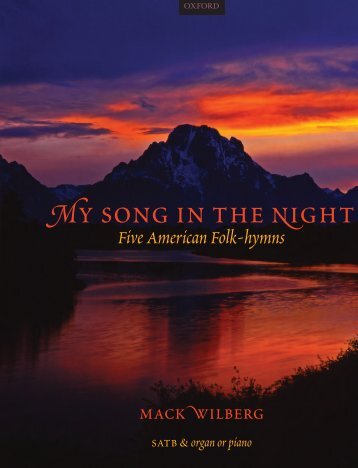
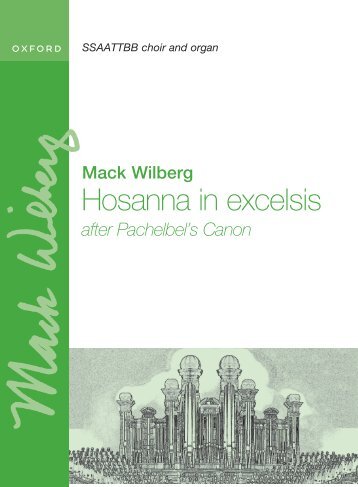




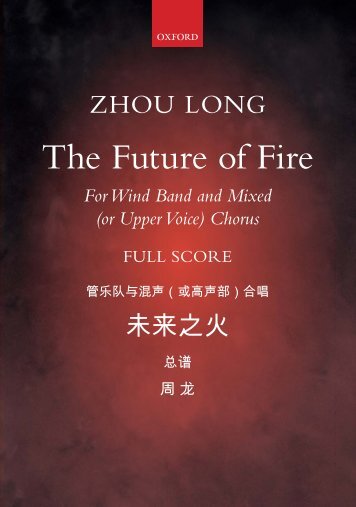





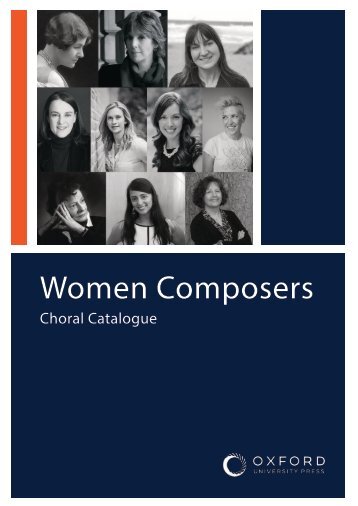
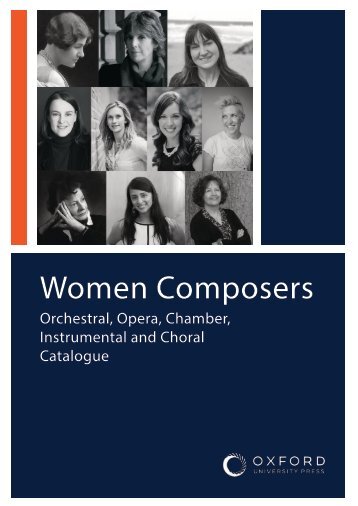
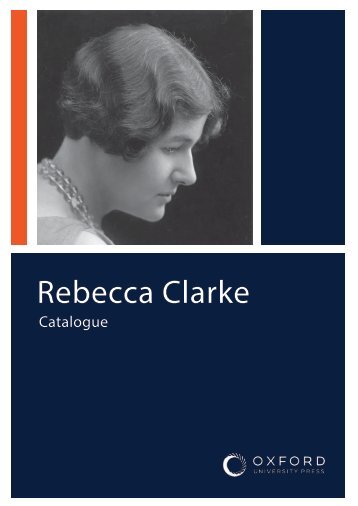

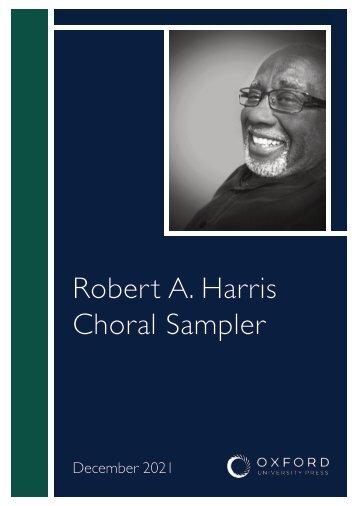

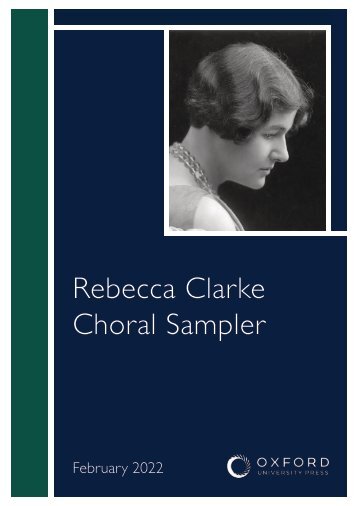
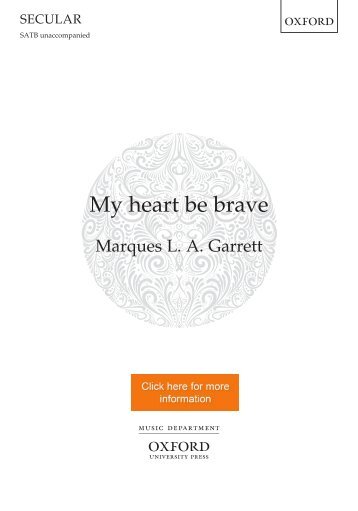
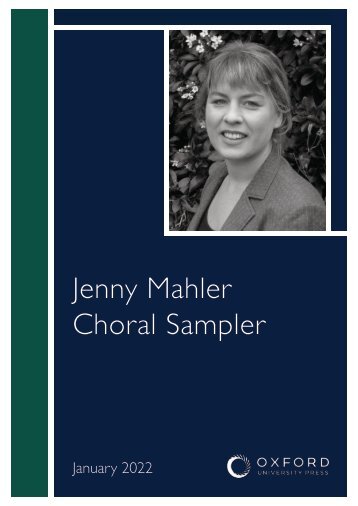
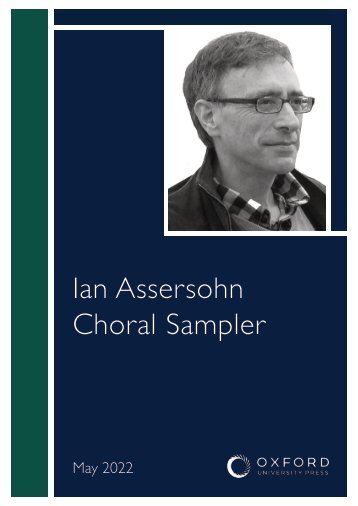
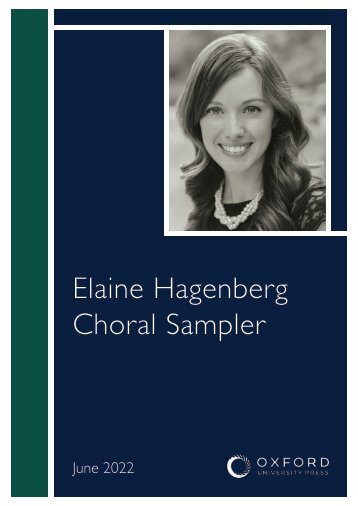
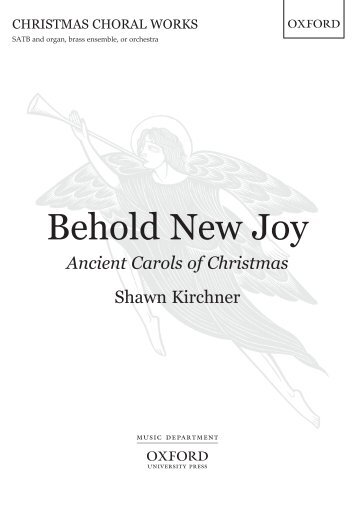
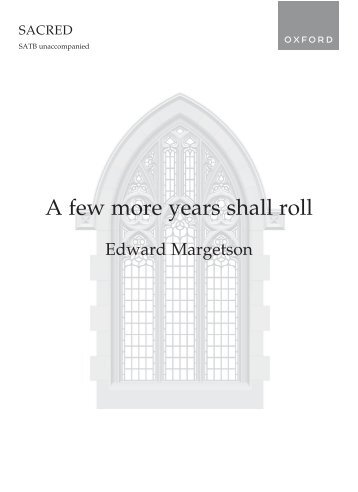
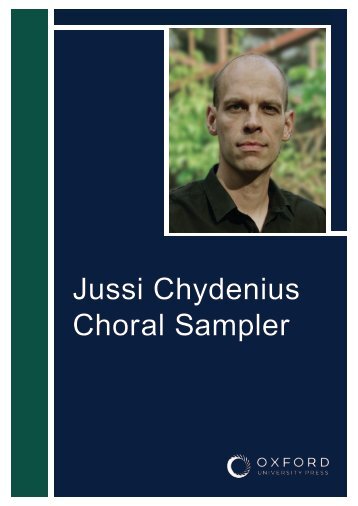


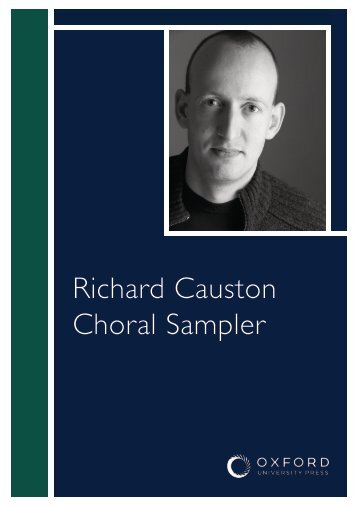
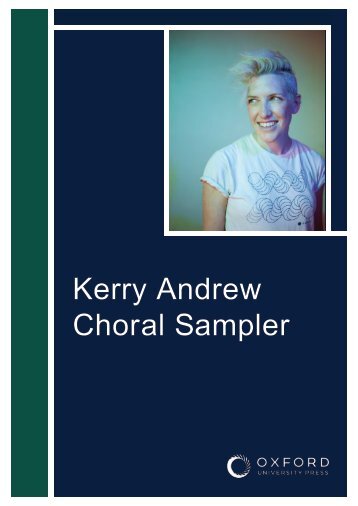

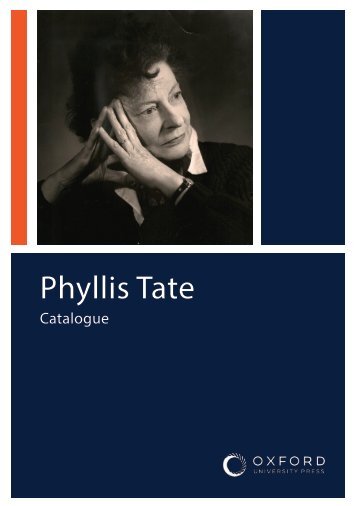
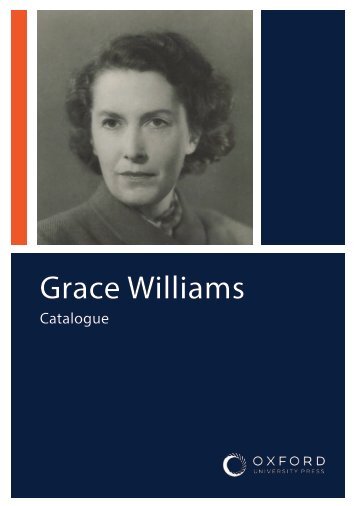

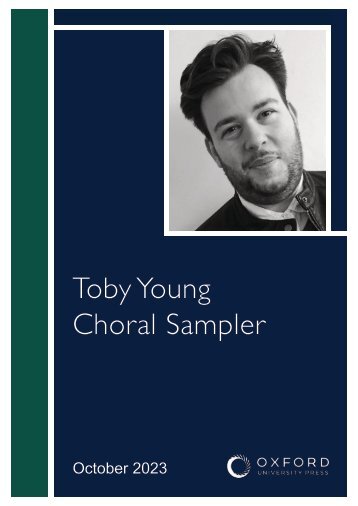
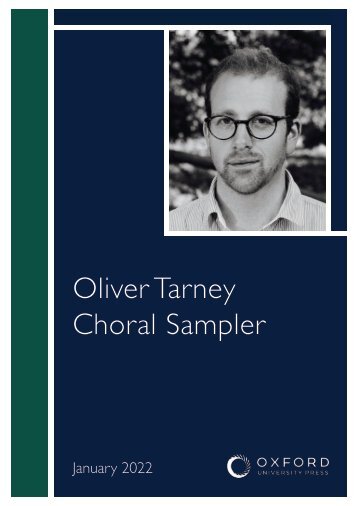
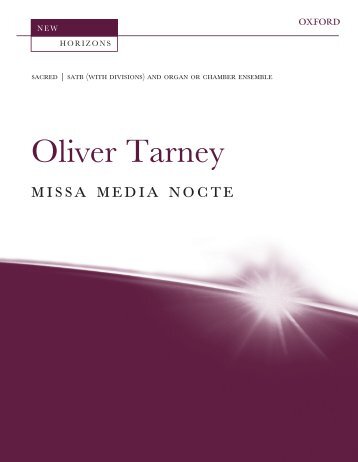
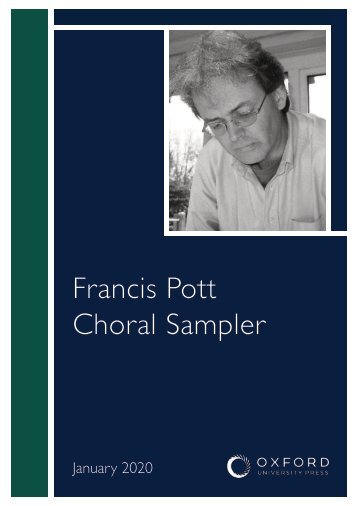
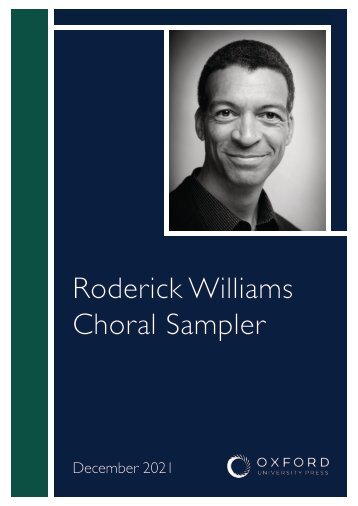
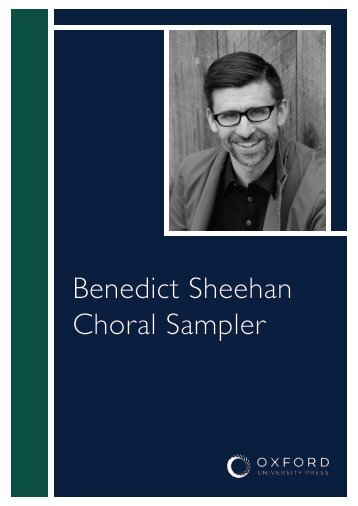
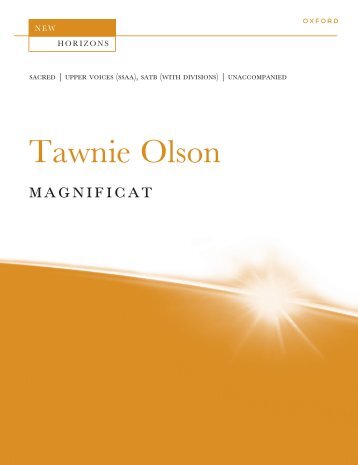
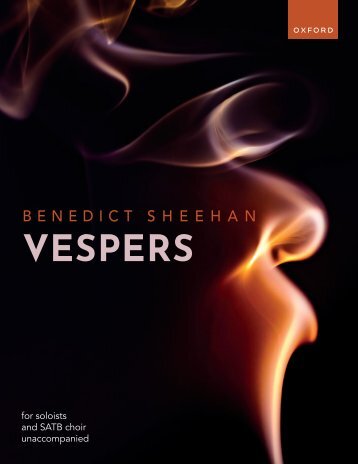
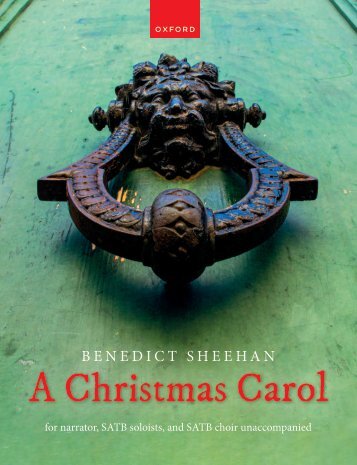

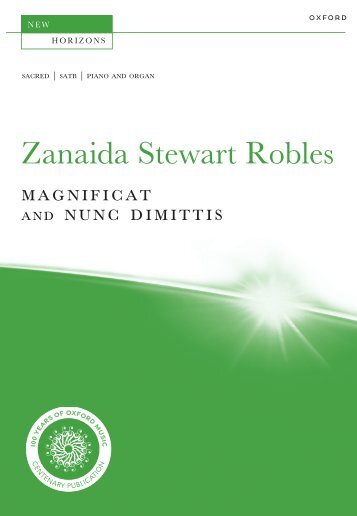

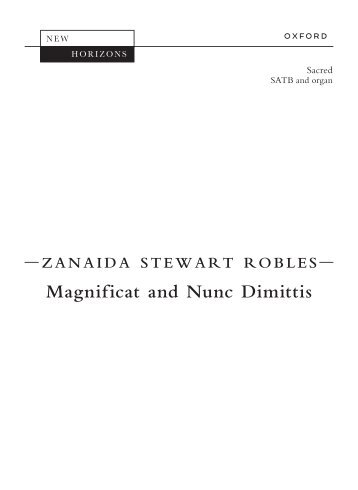
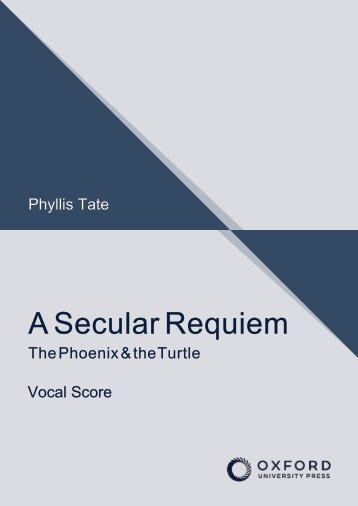


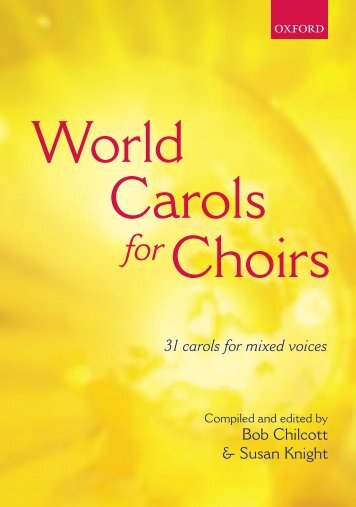
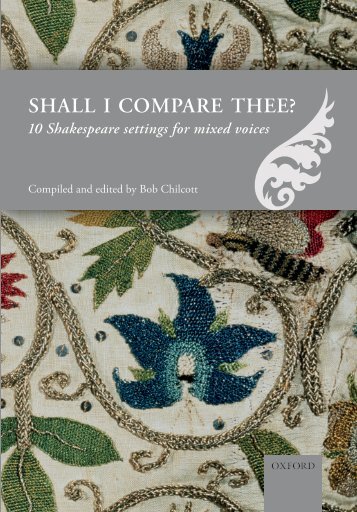
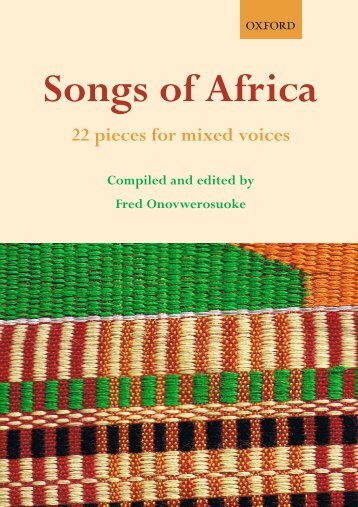

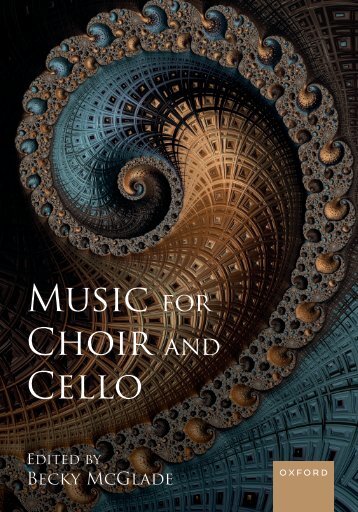

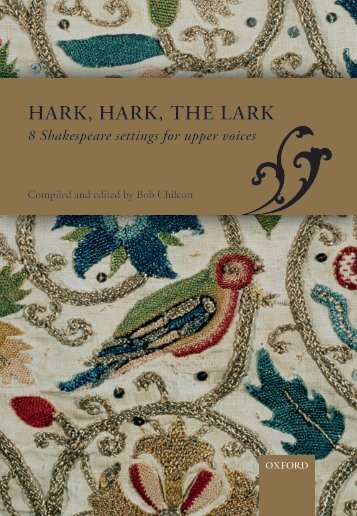
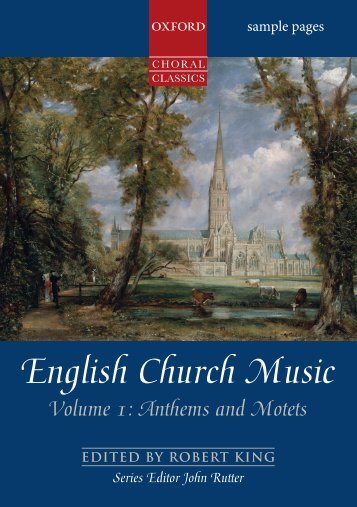
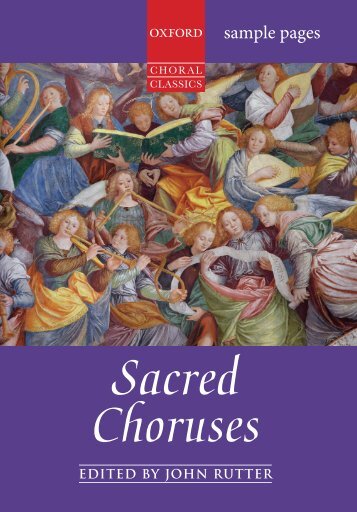

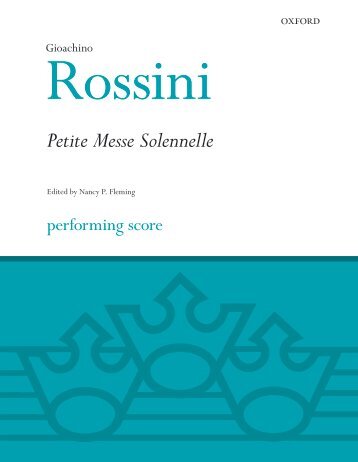
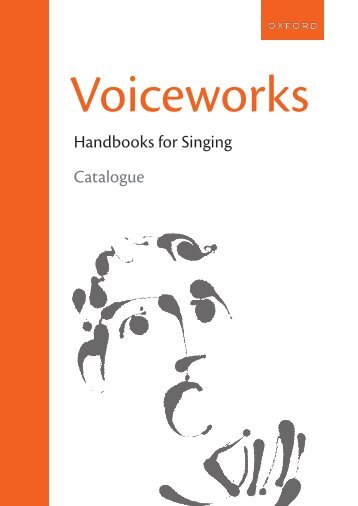
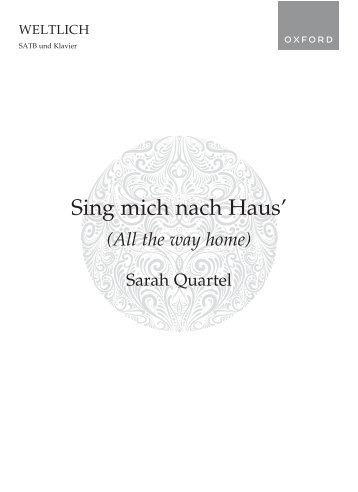



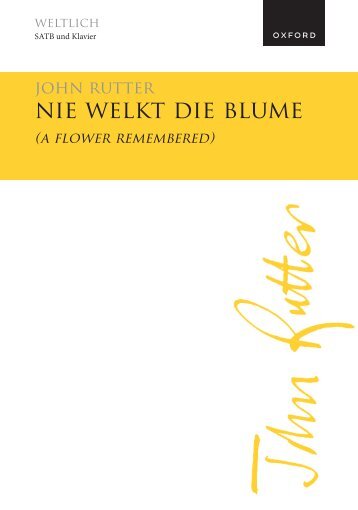

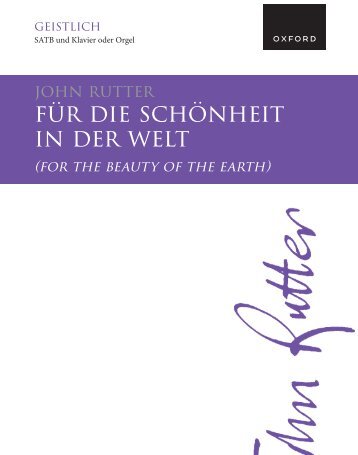


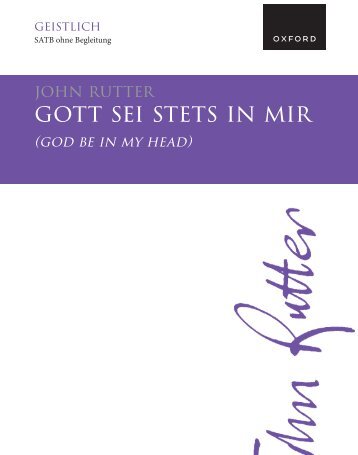


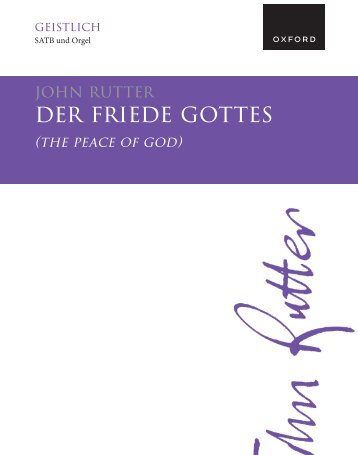
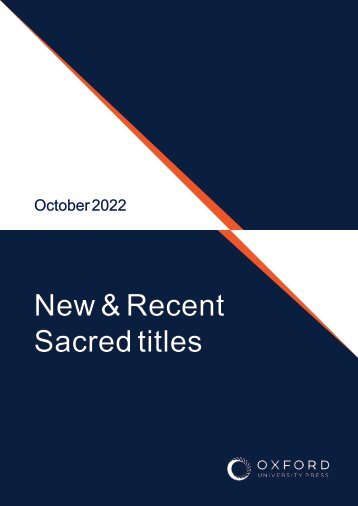
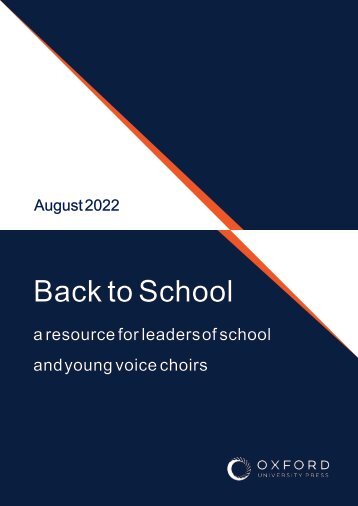
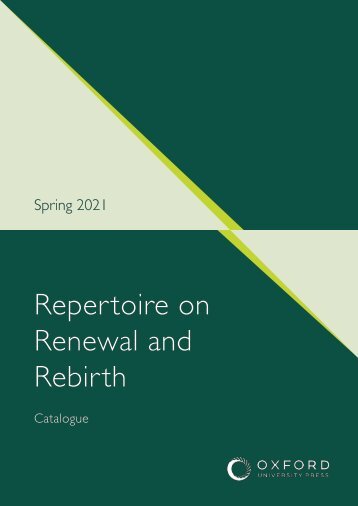
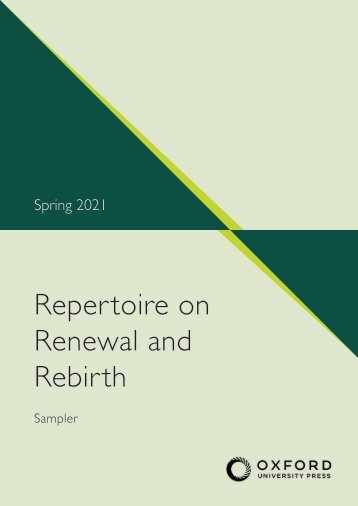
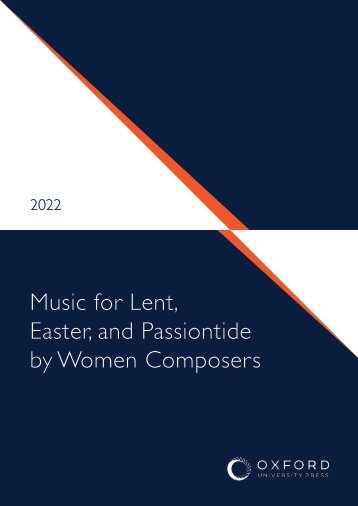
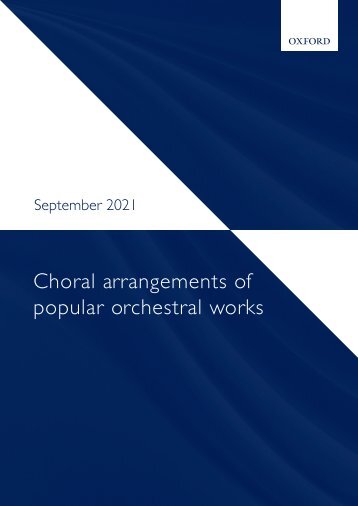
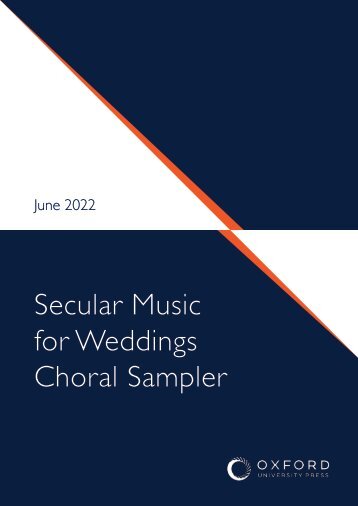

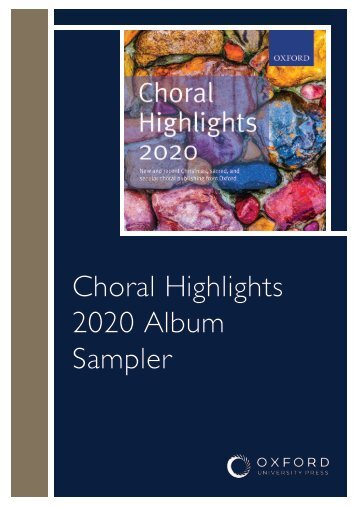
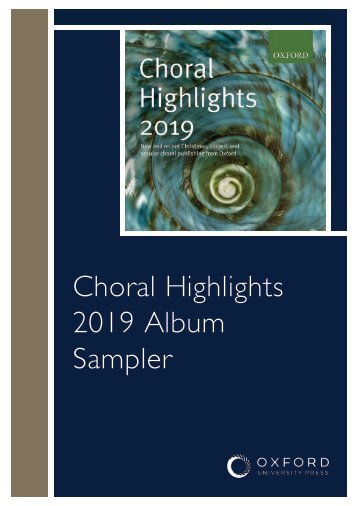
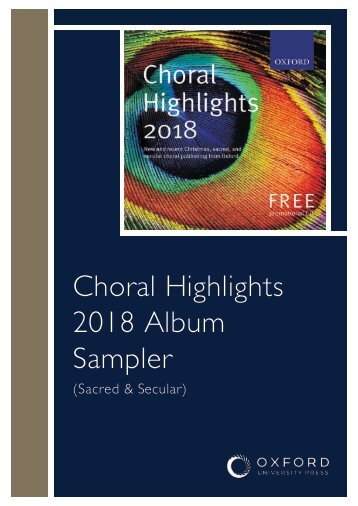

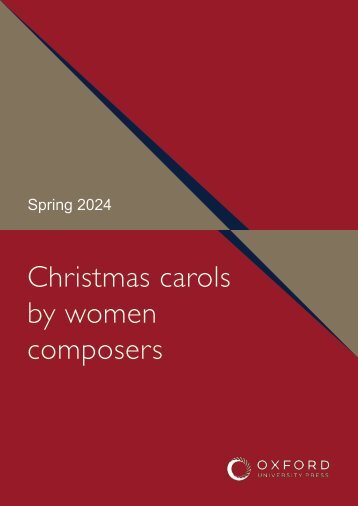

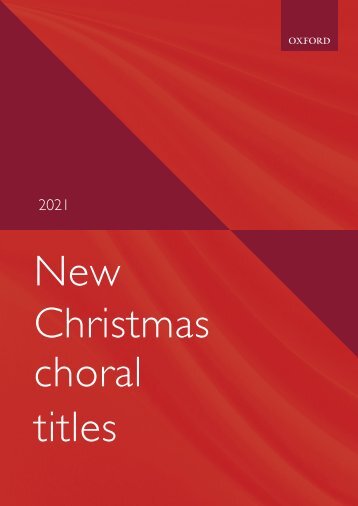

Facebook
Twitter
Email